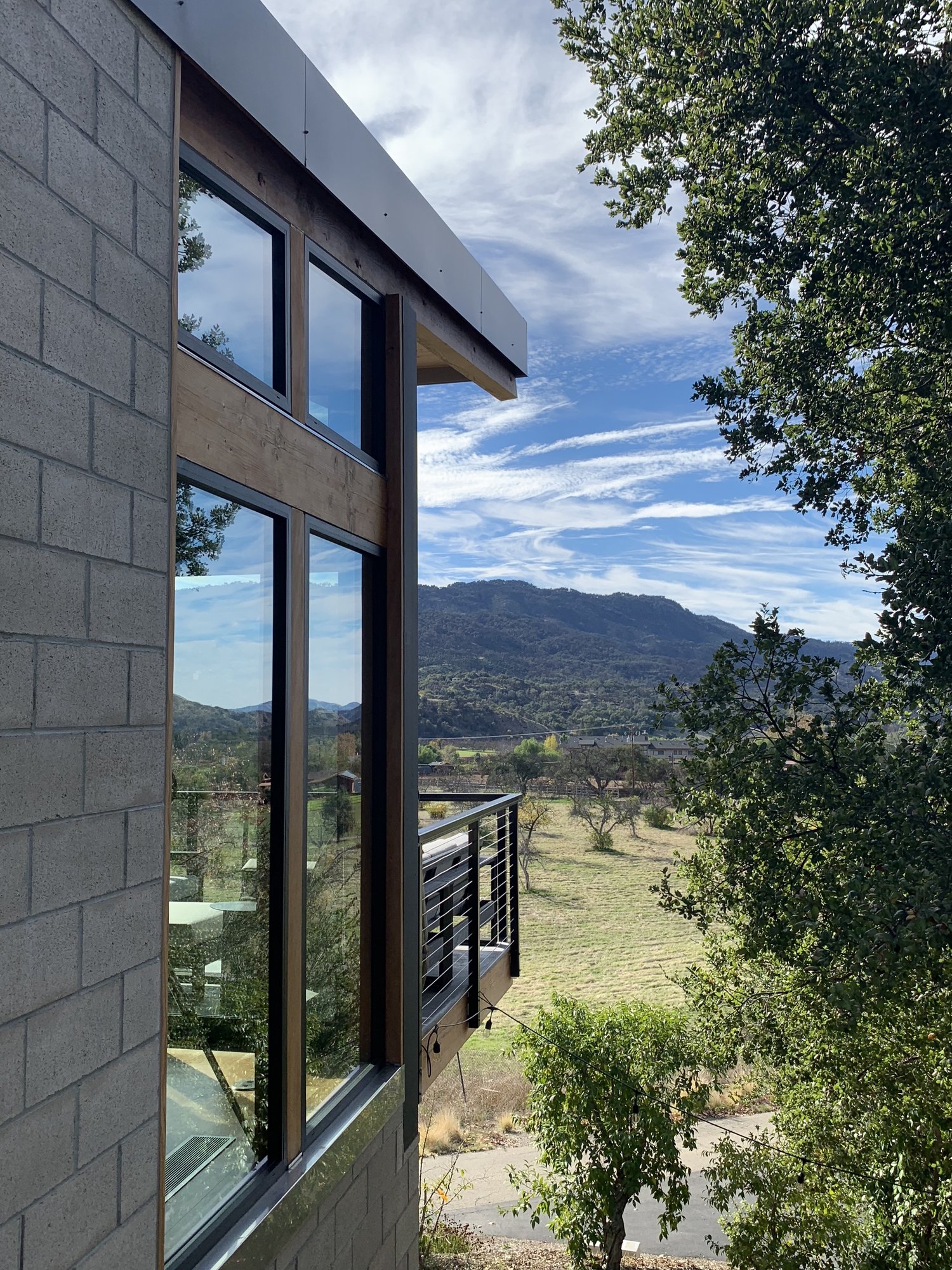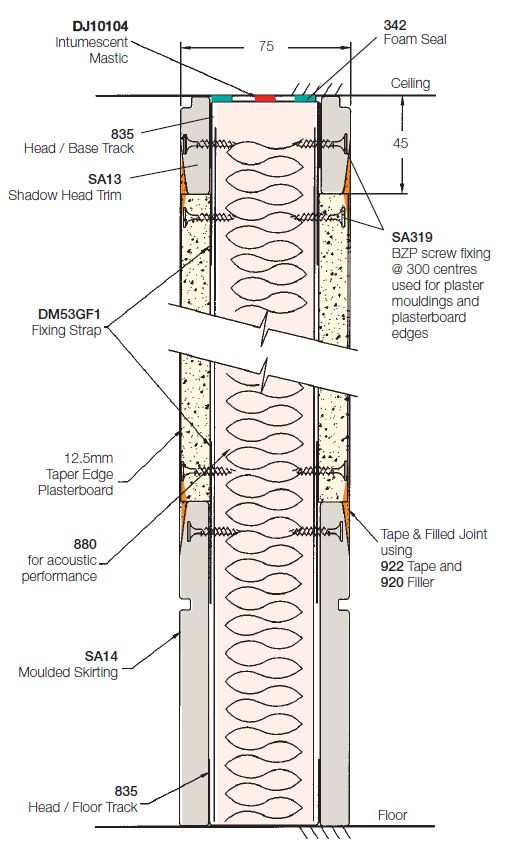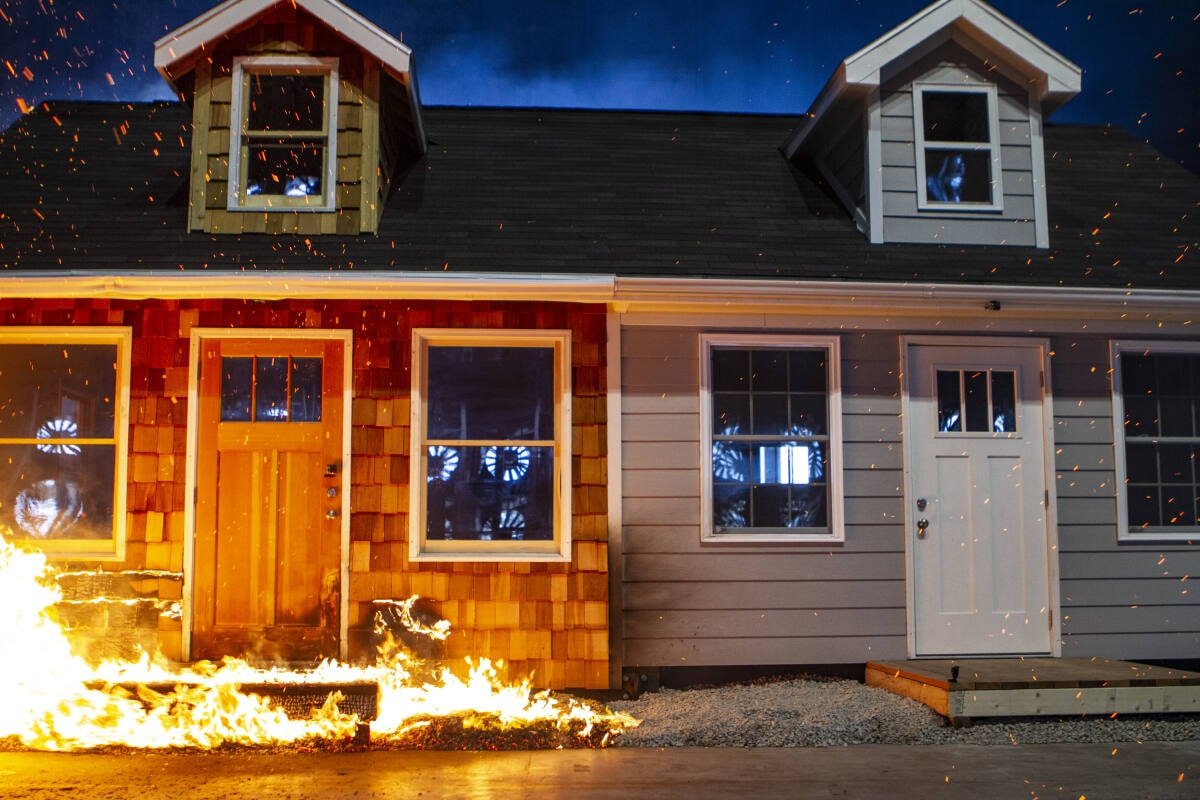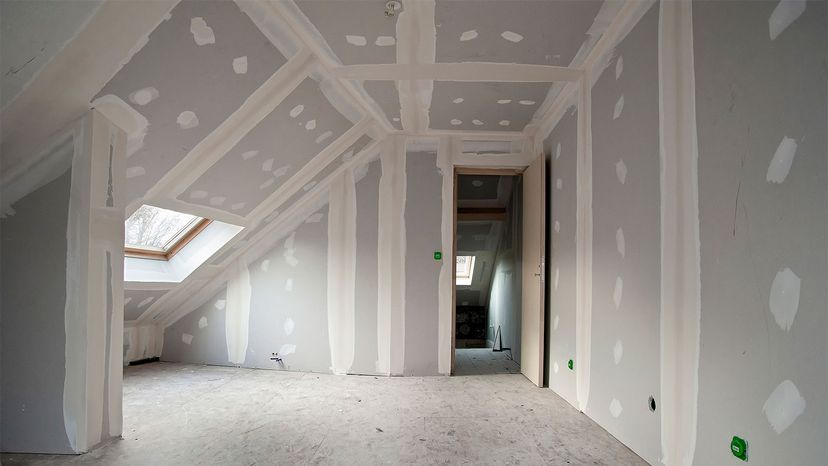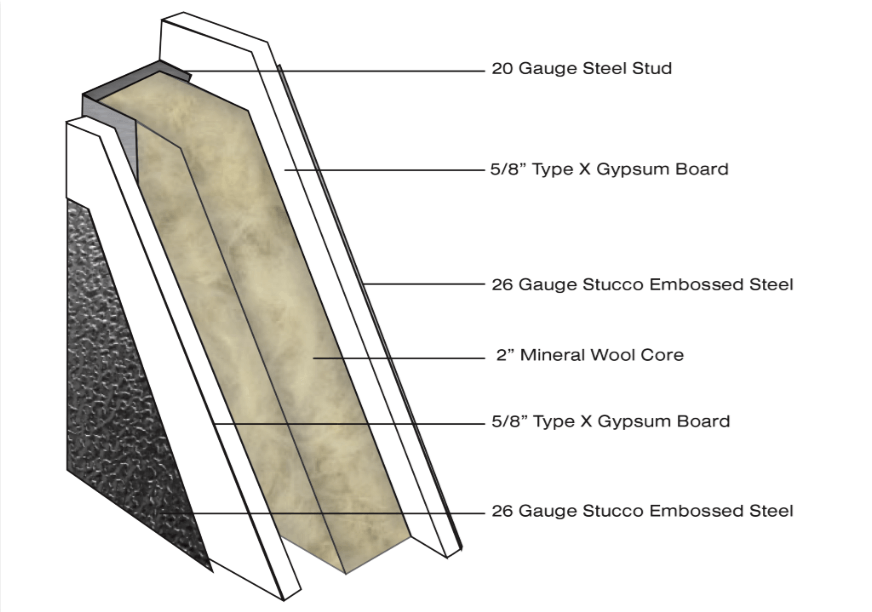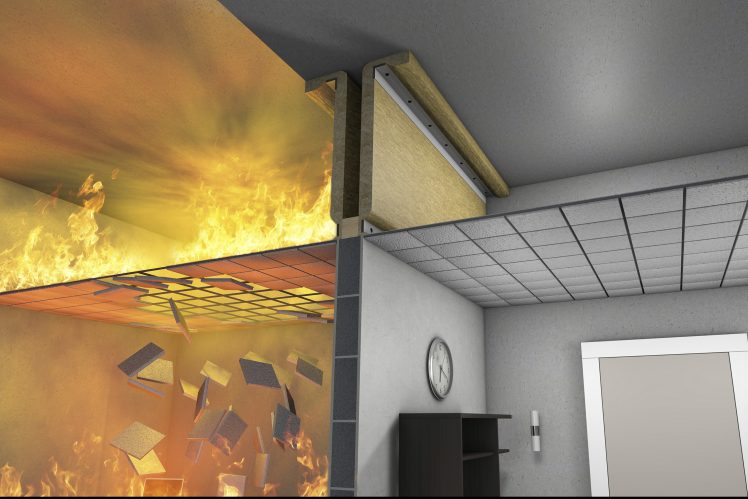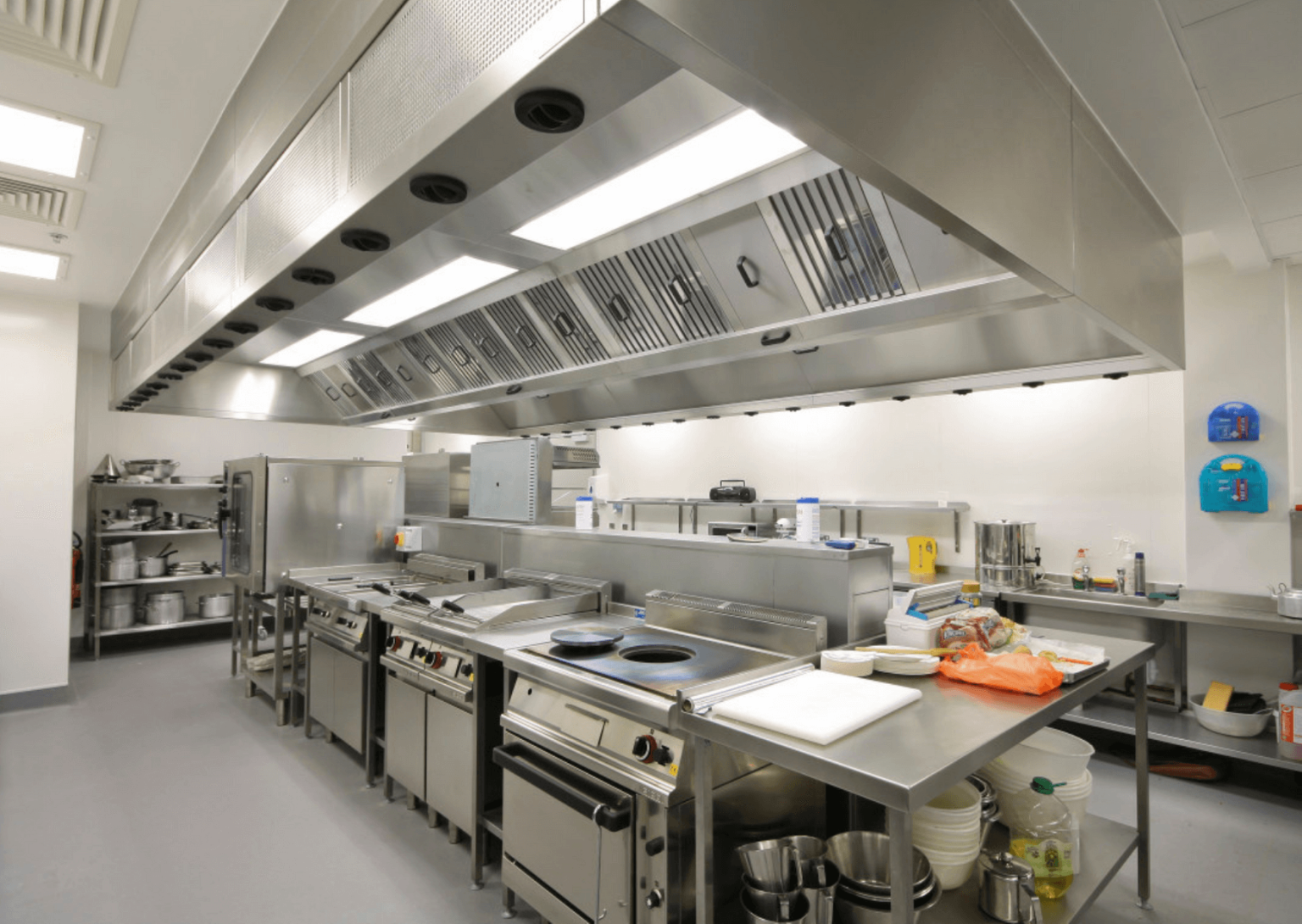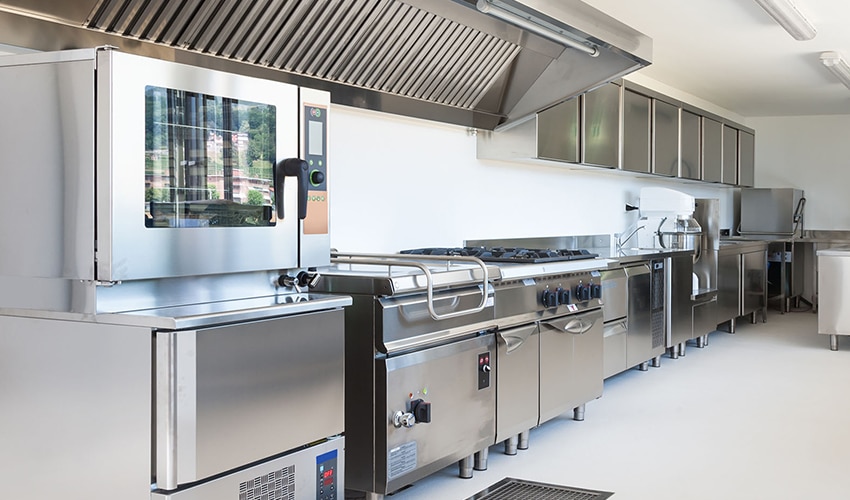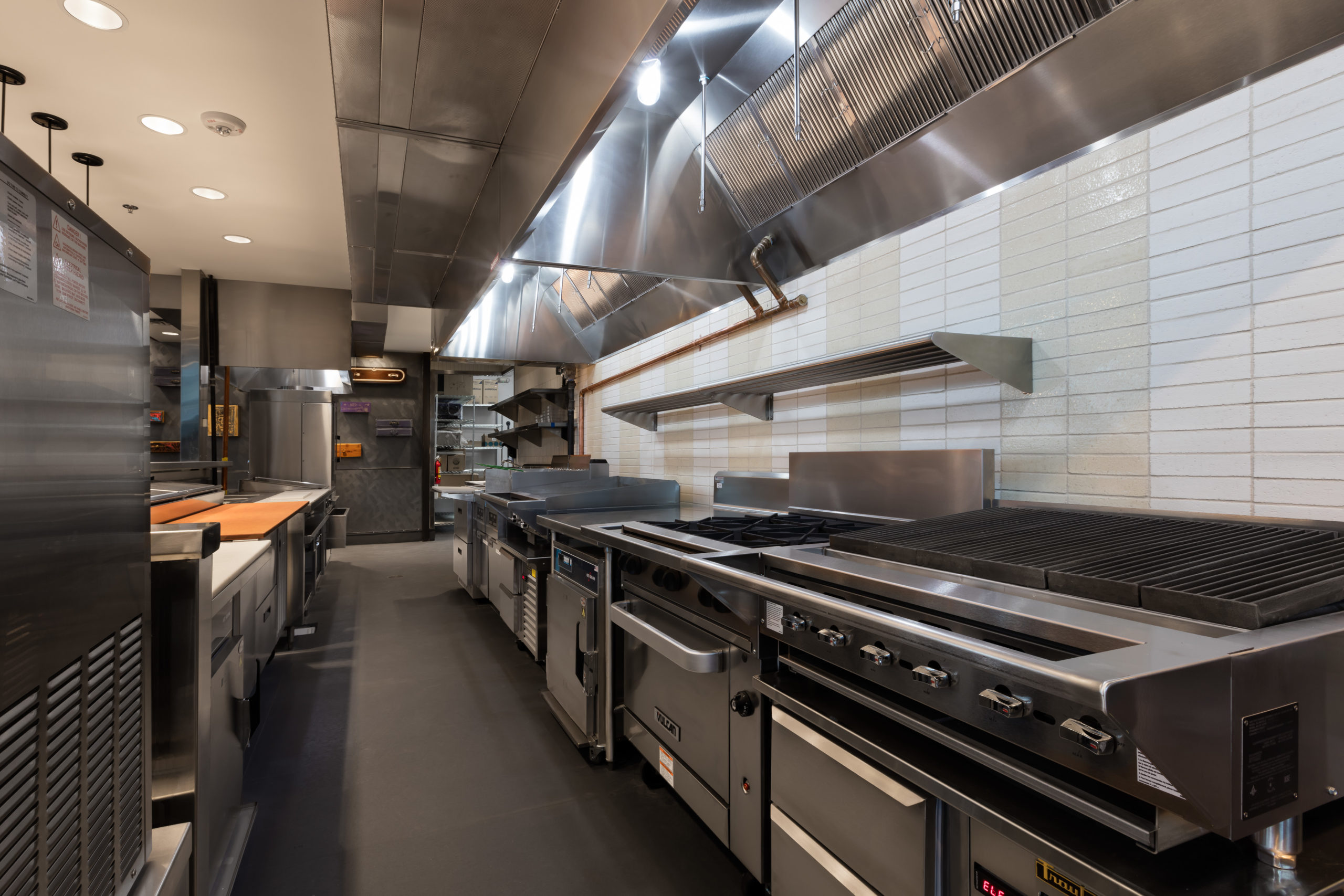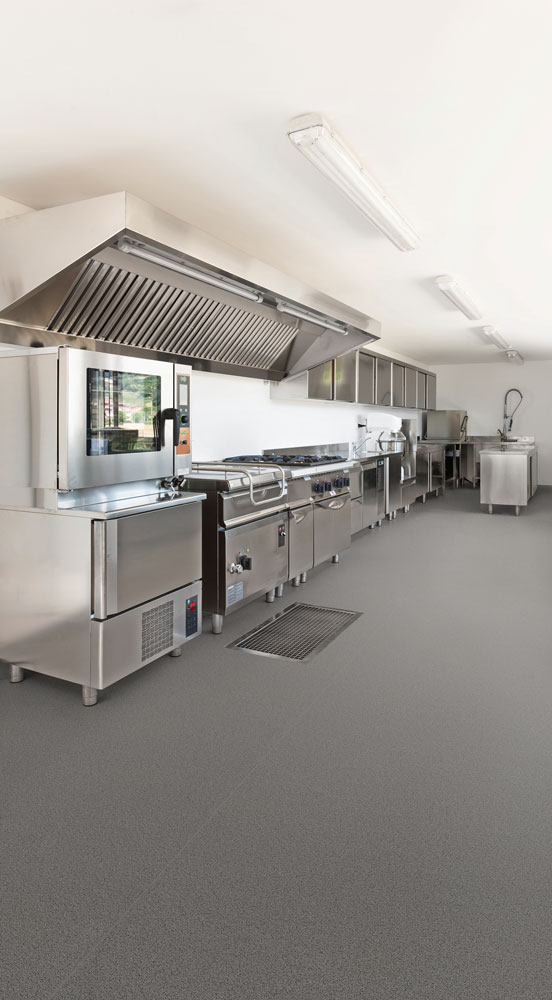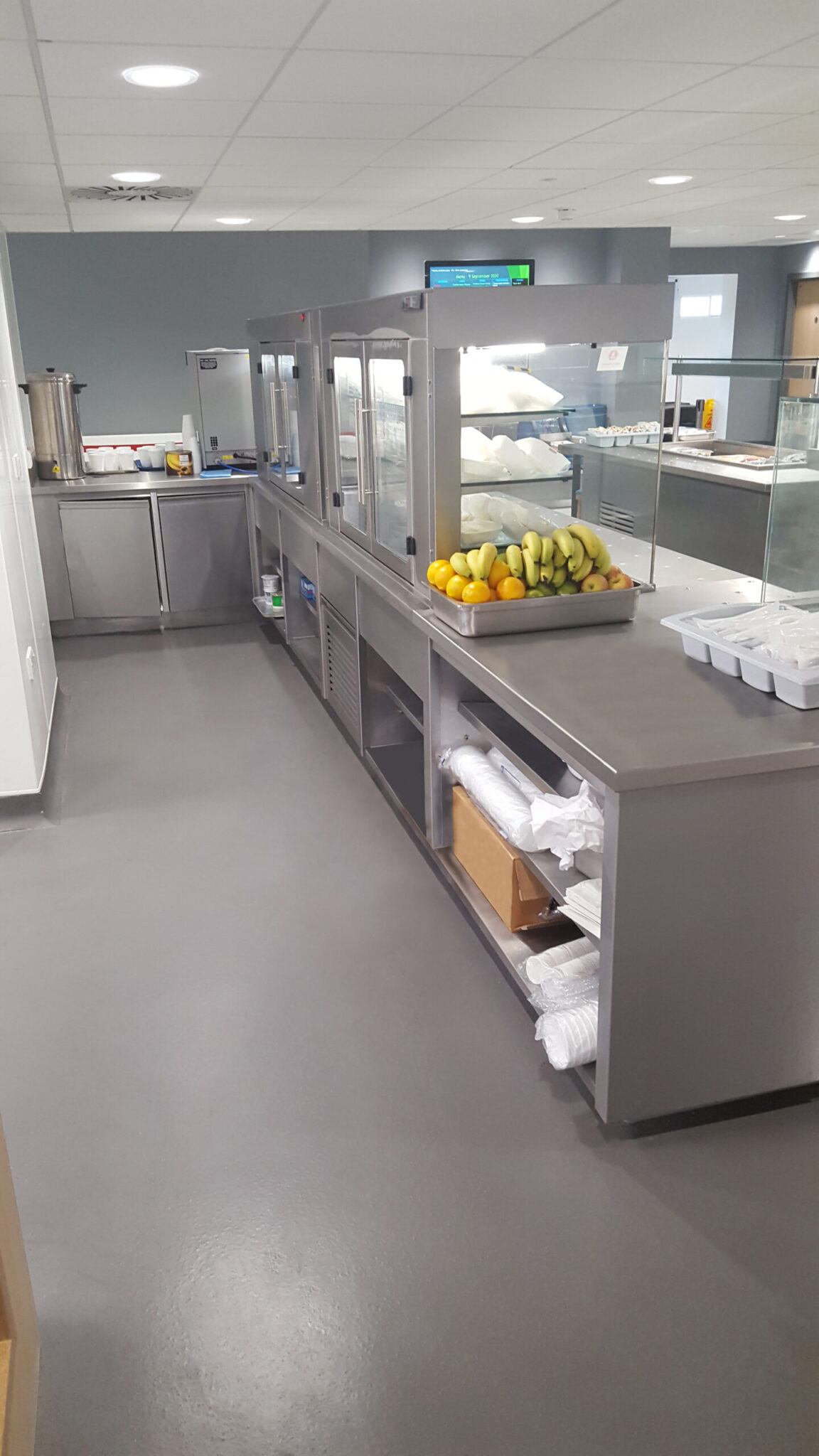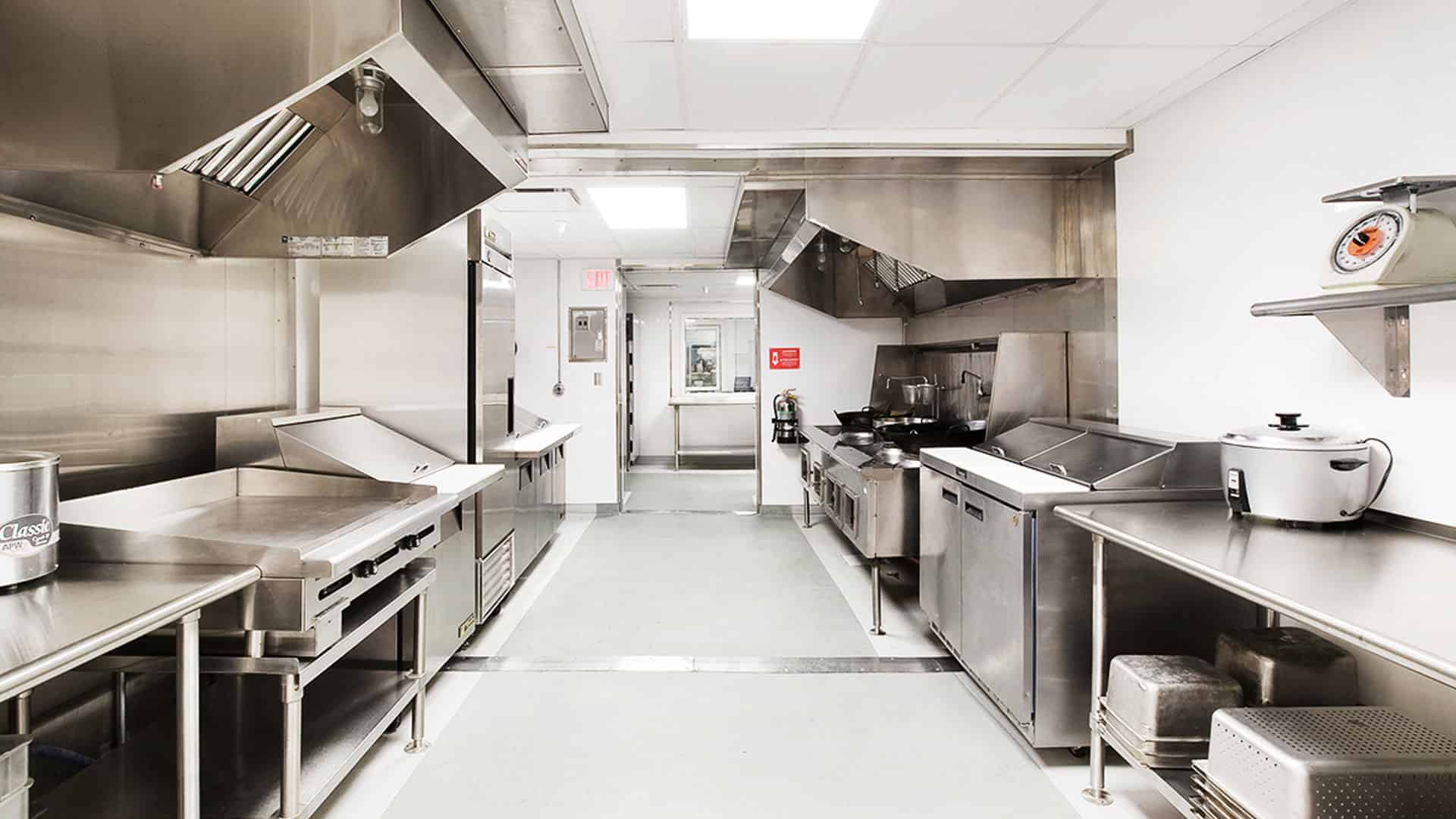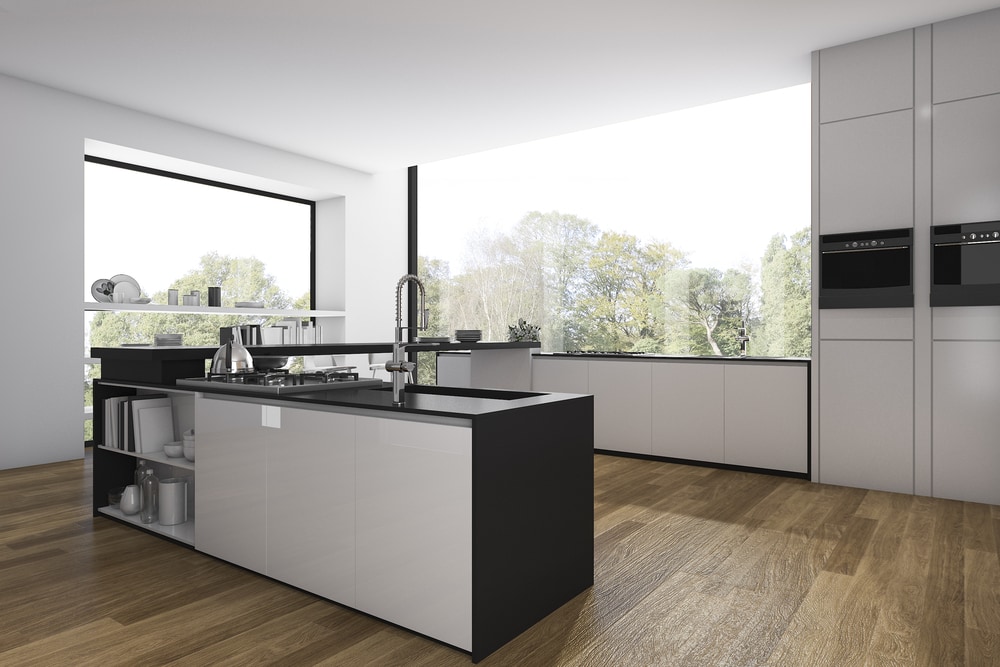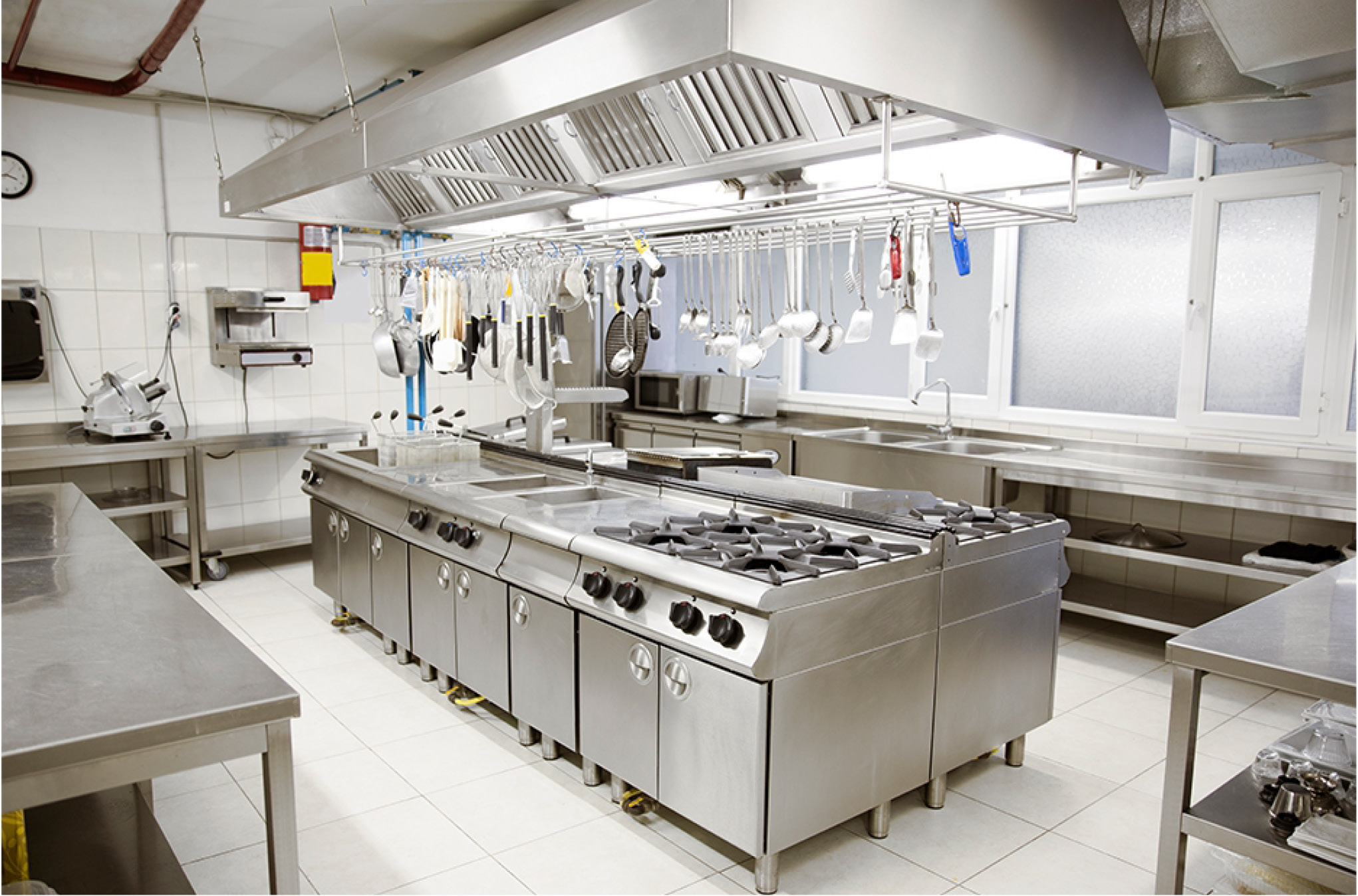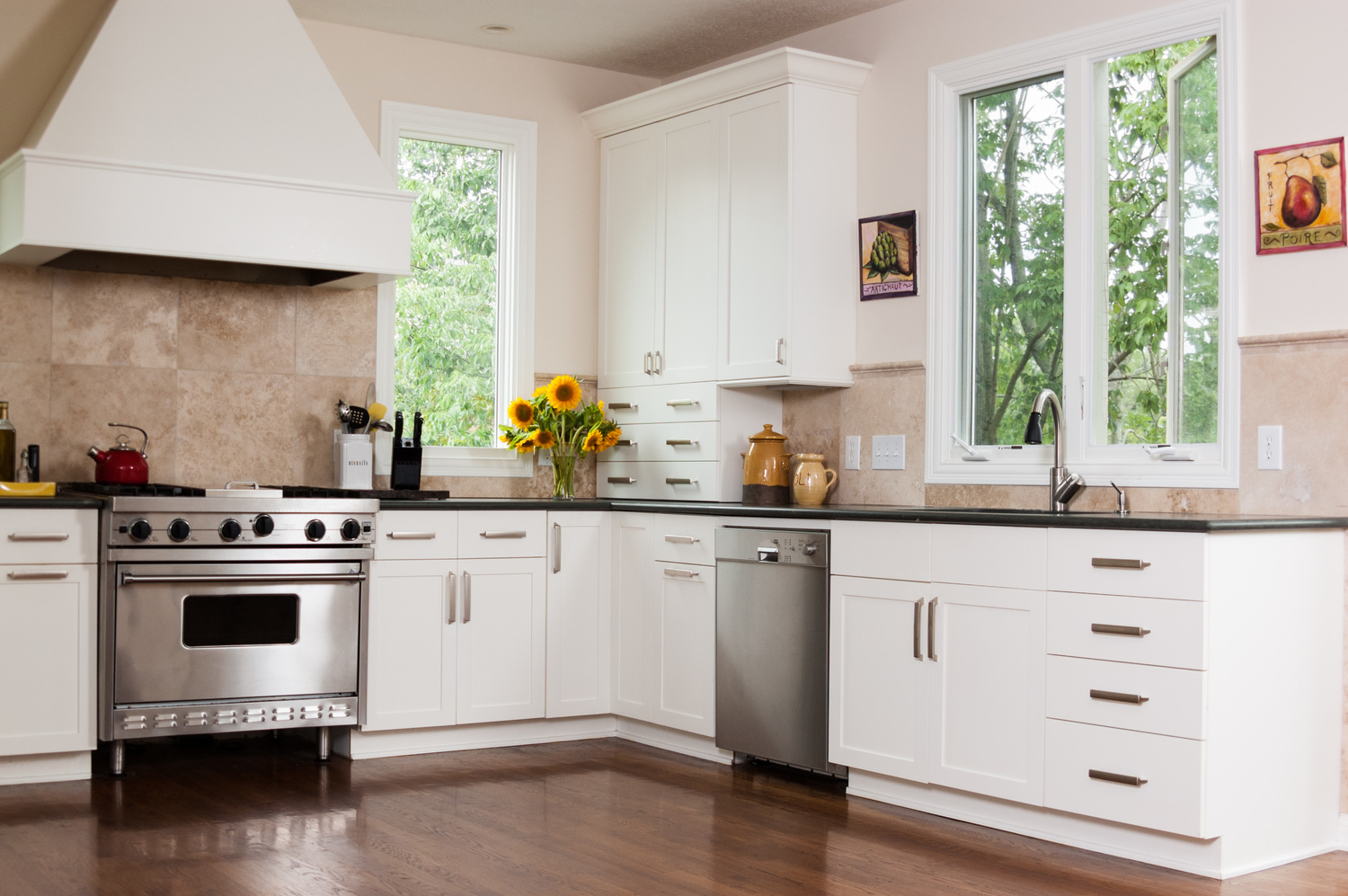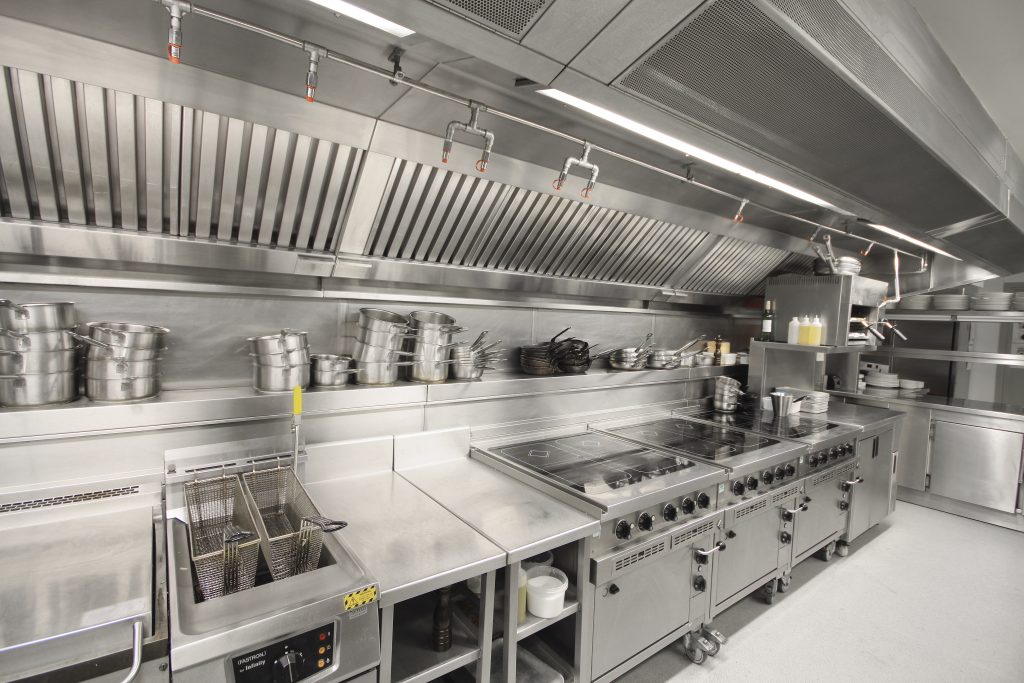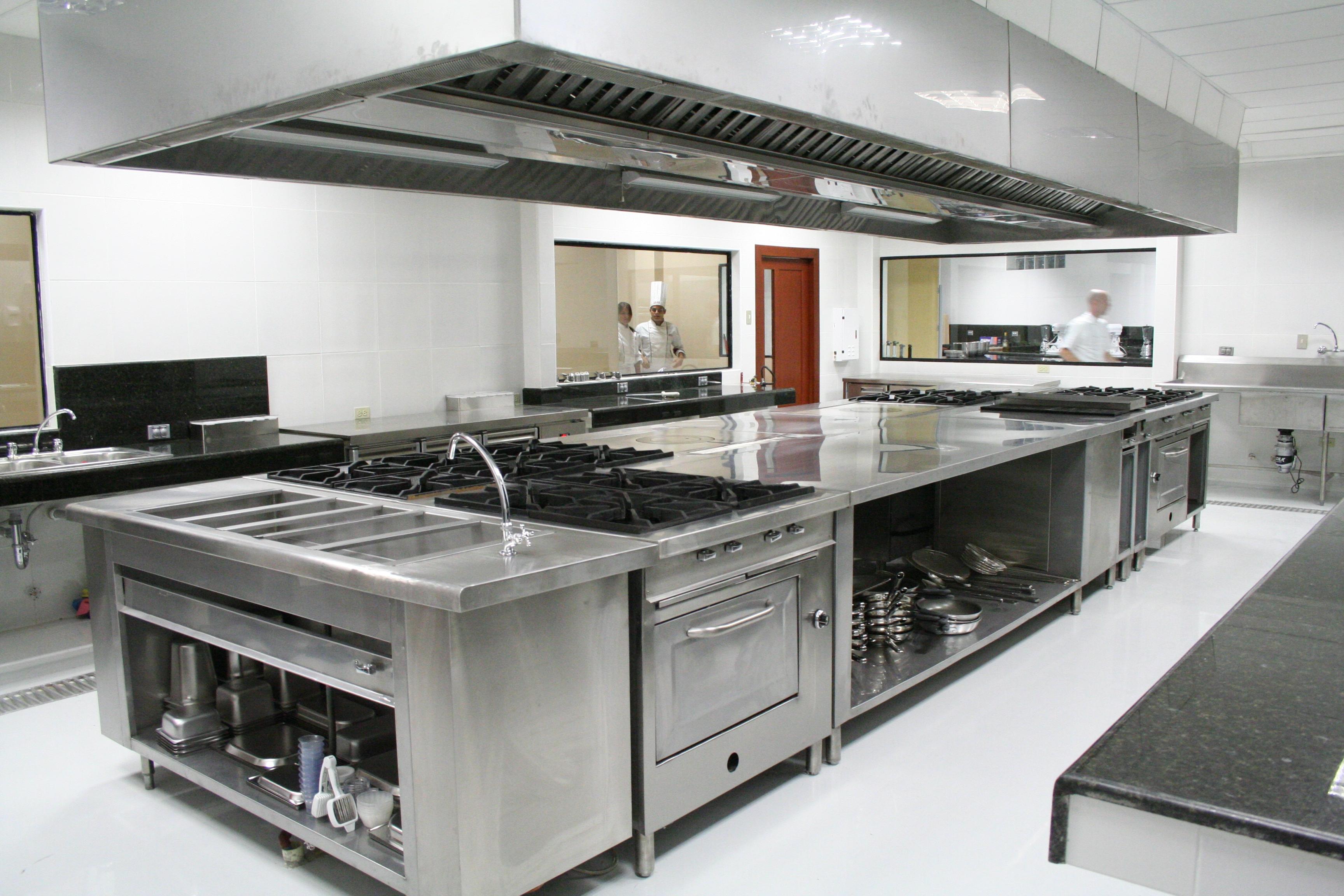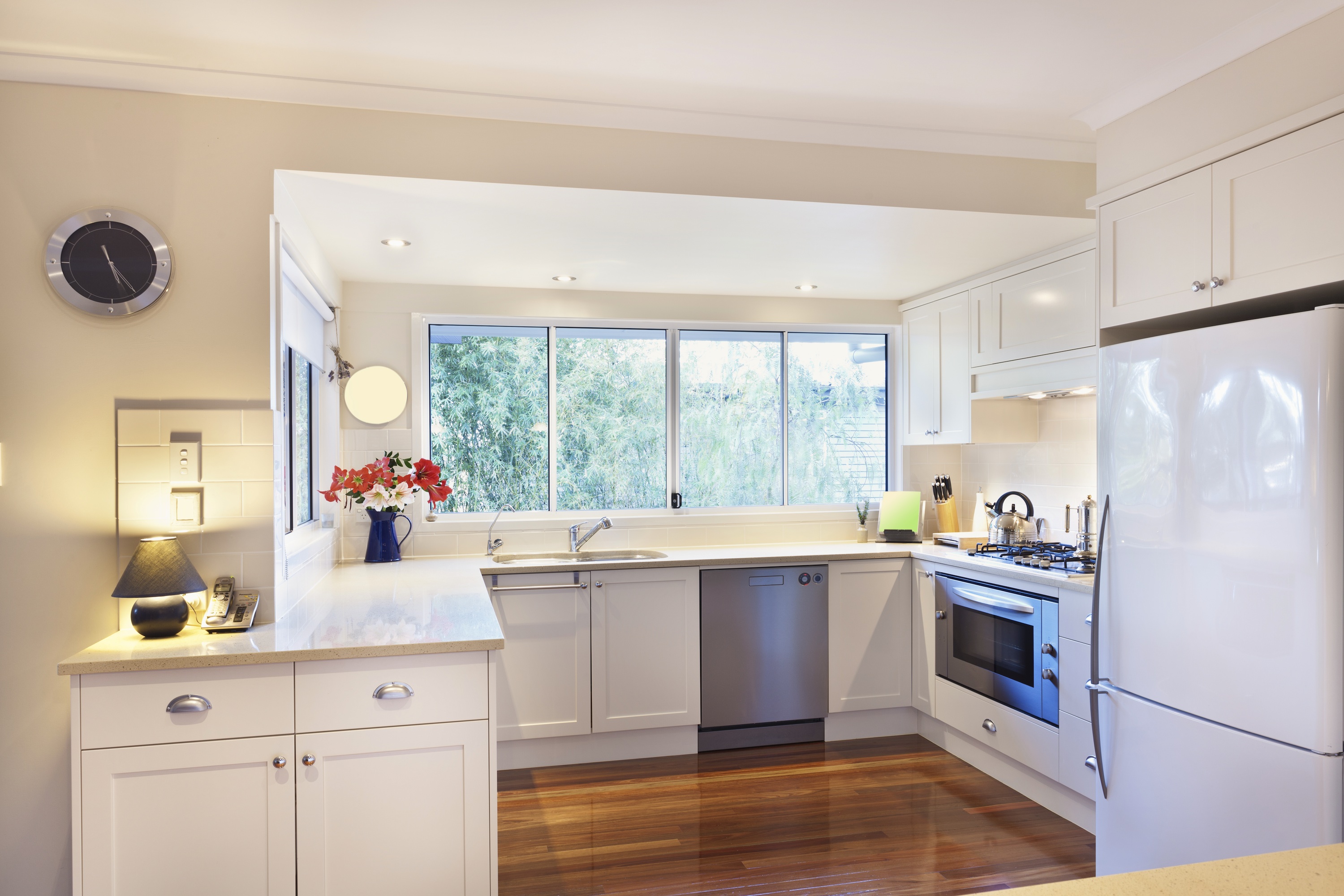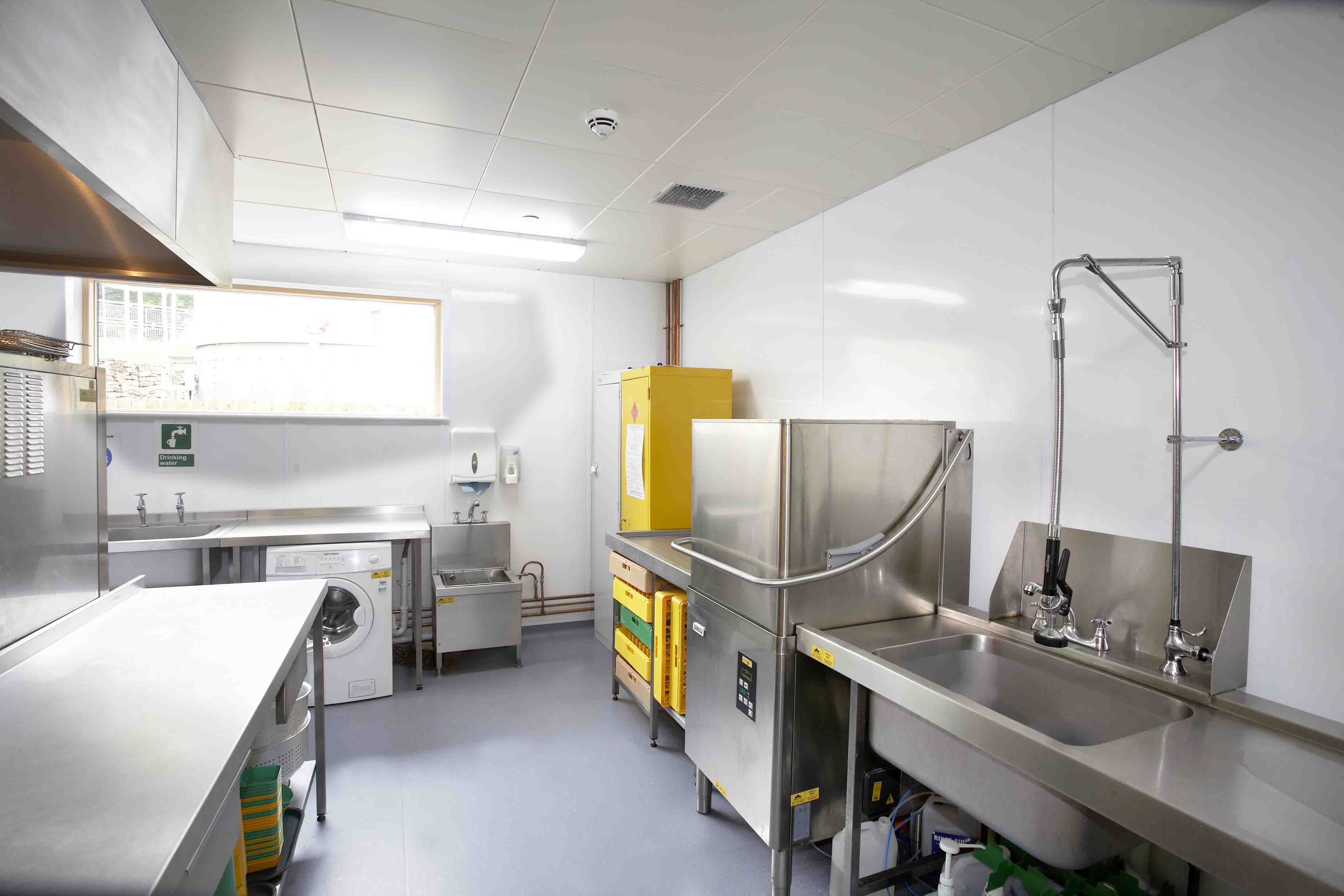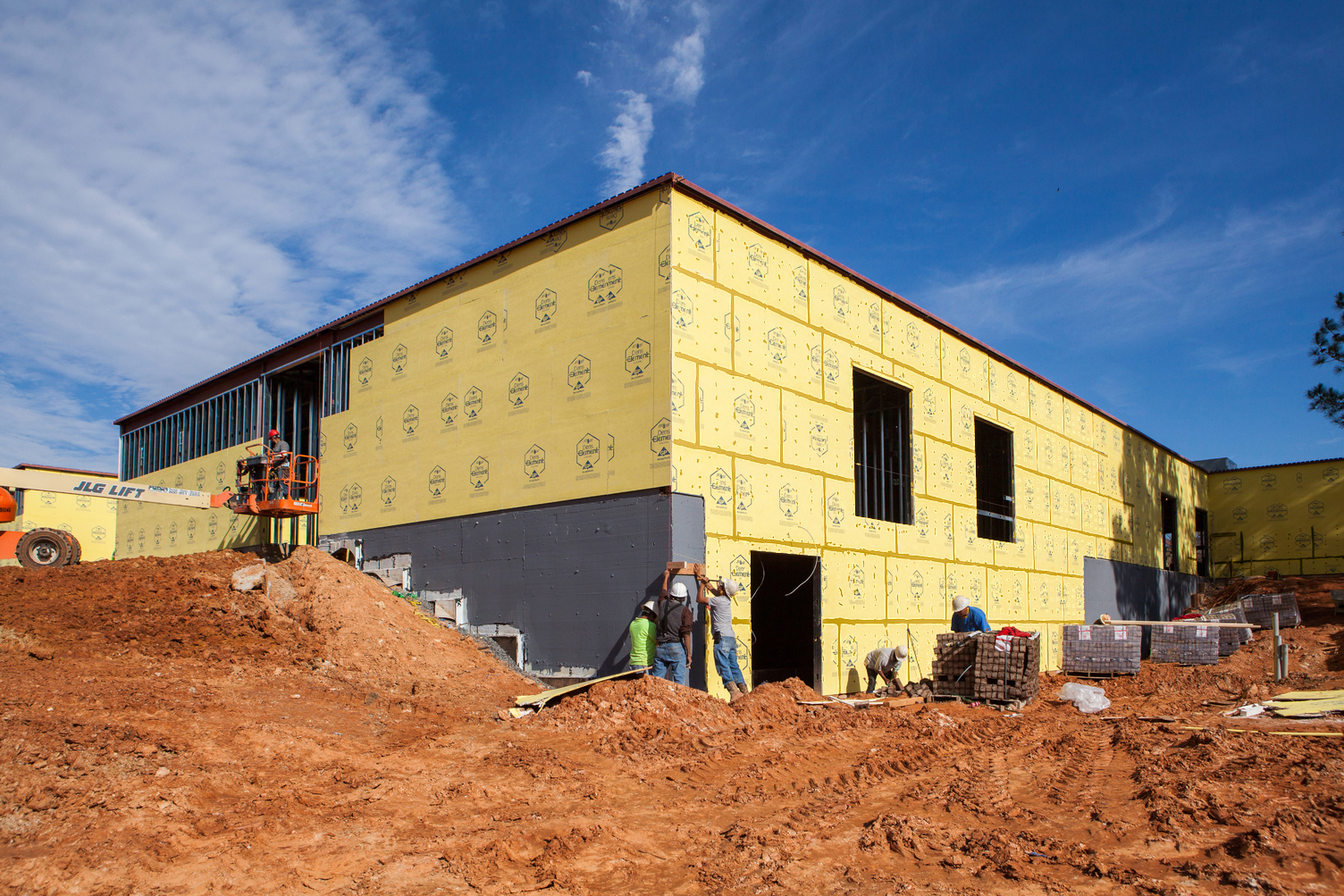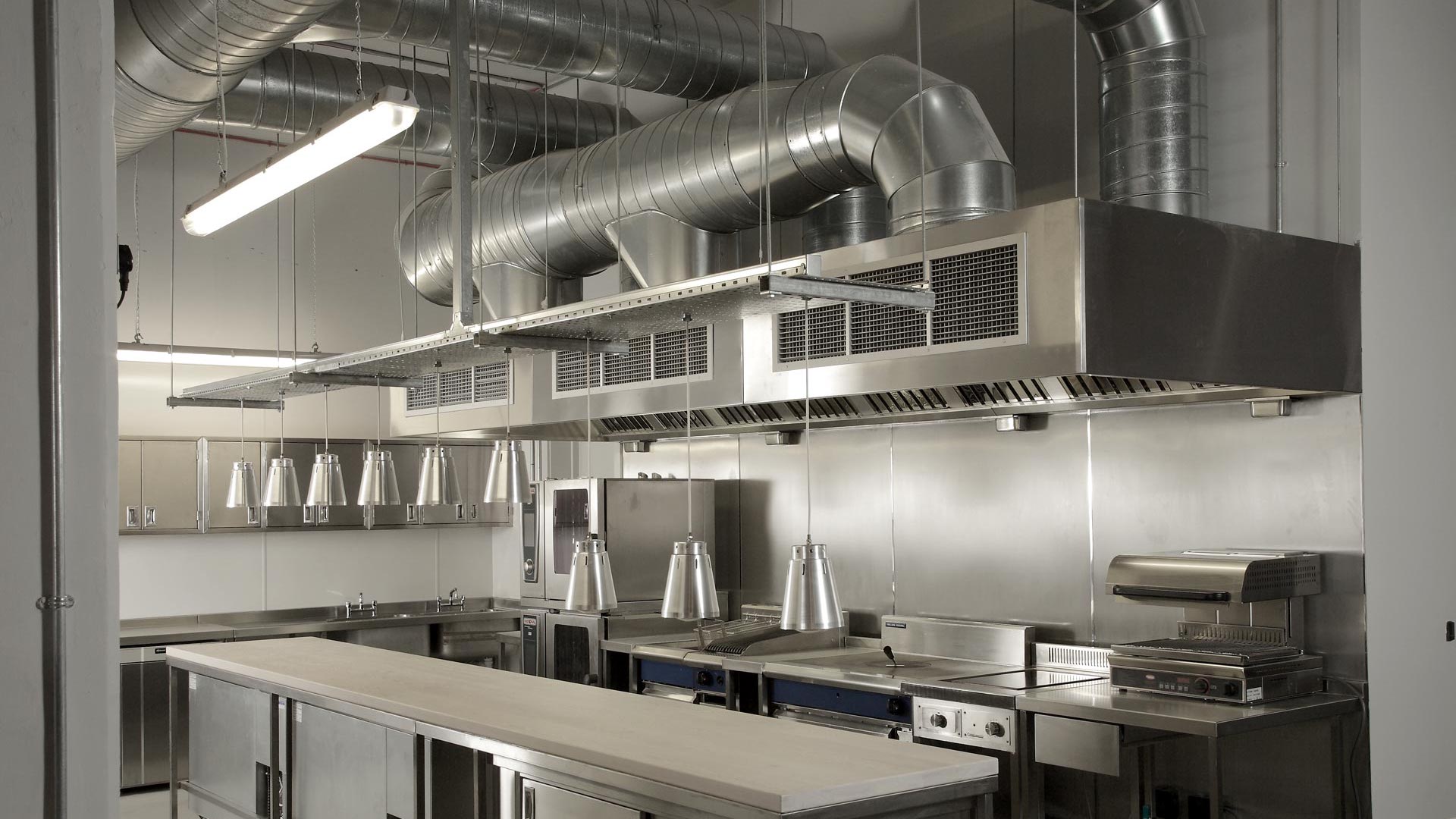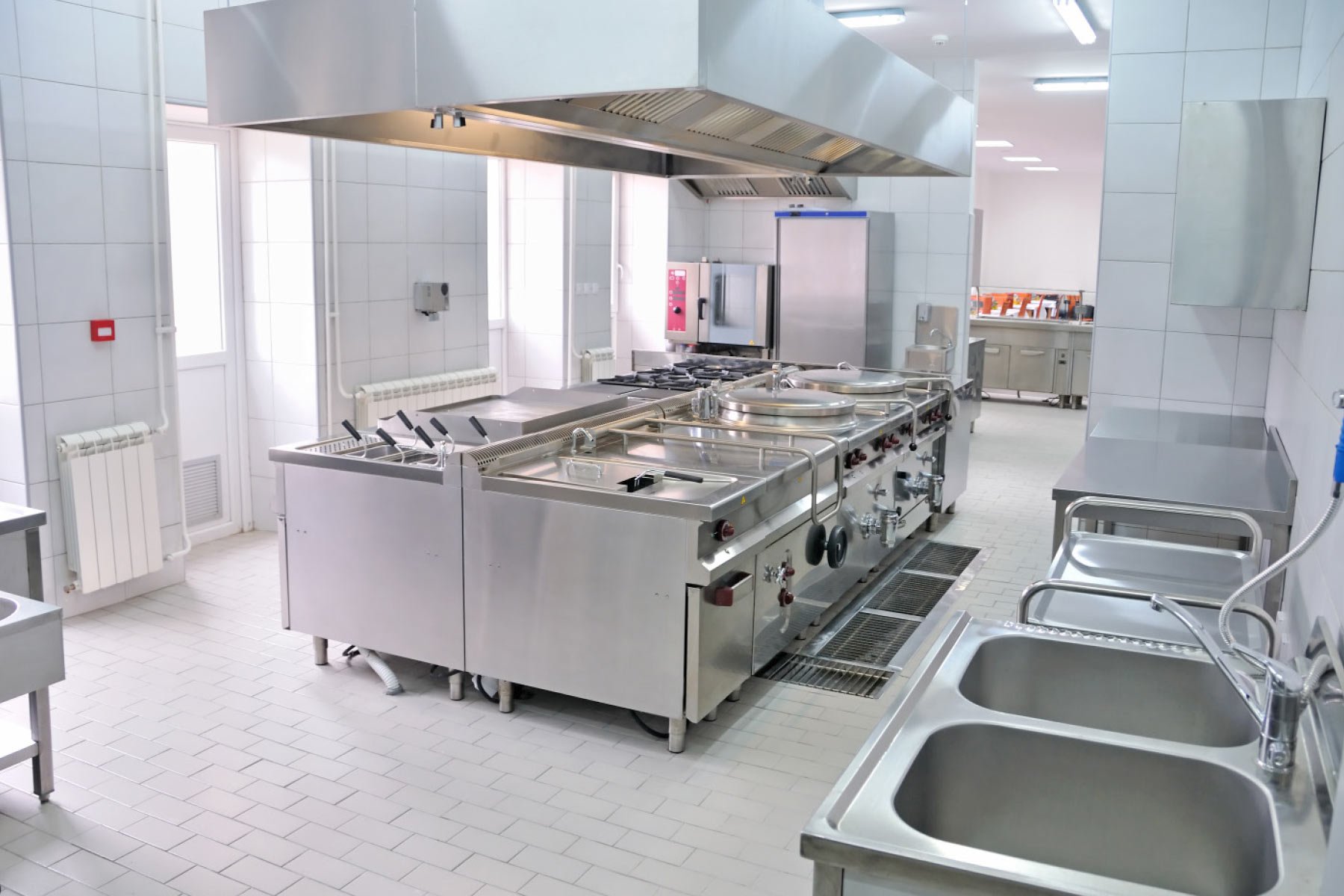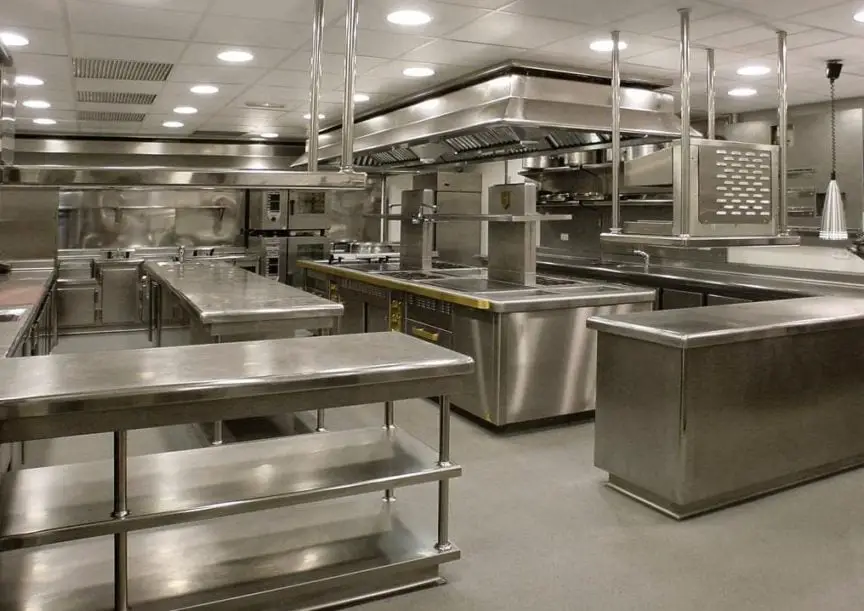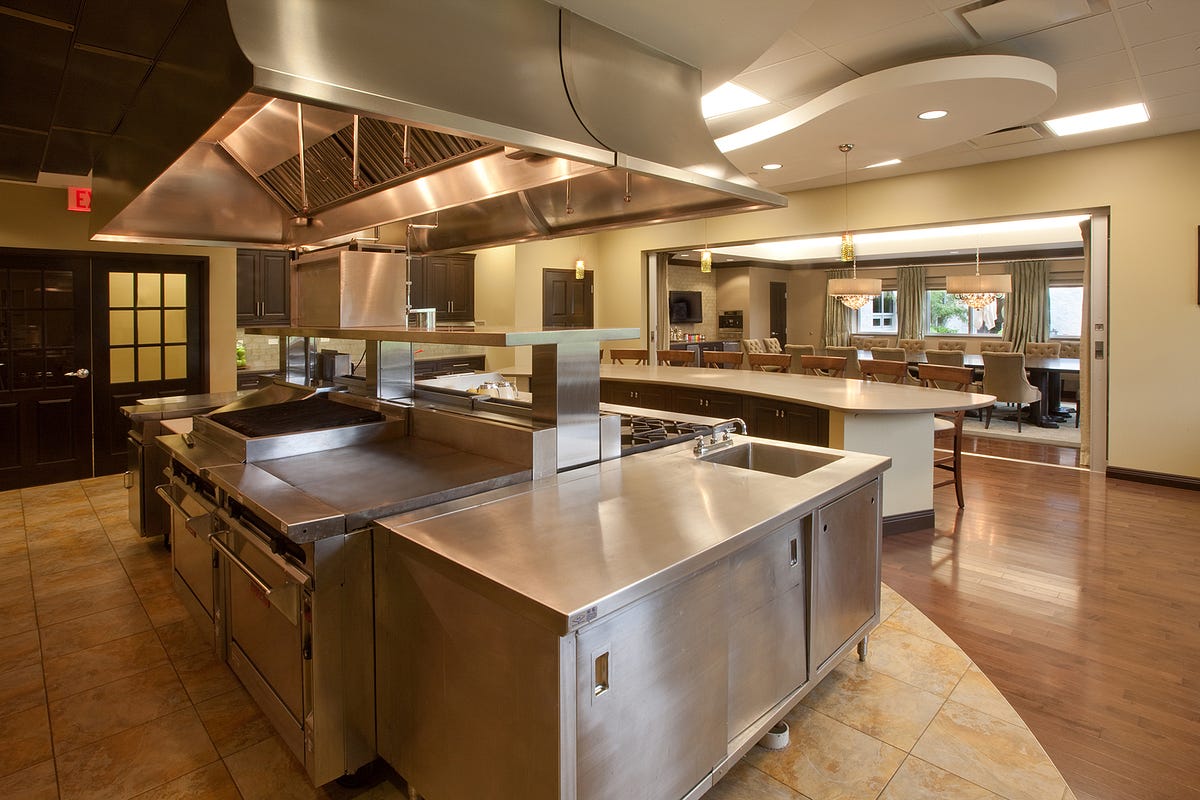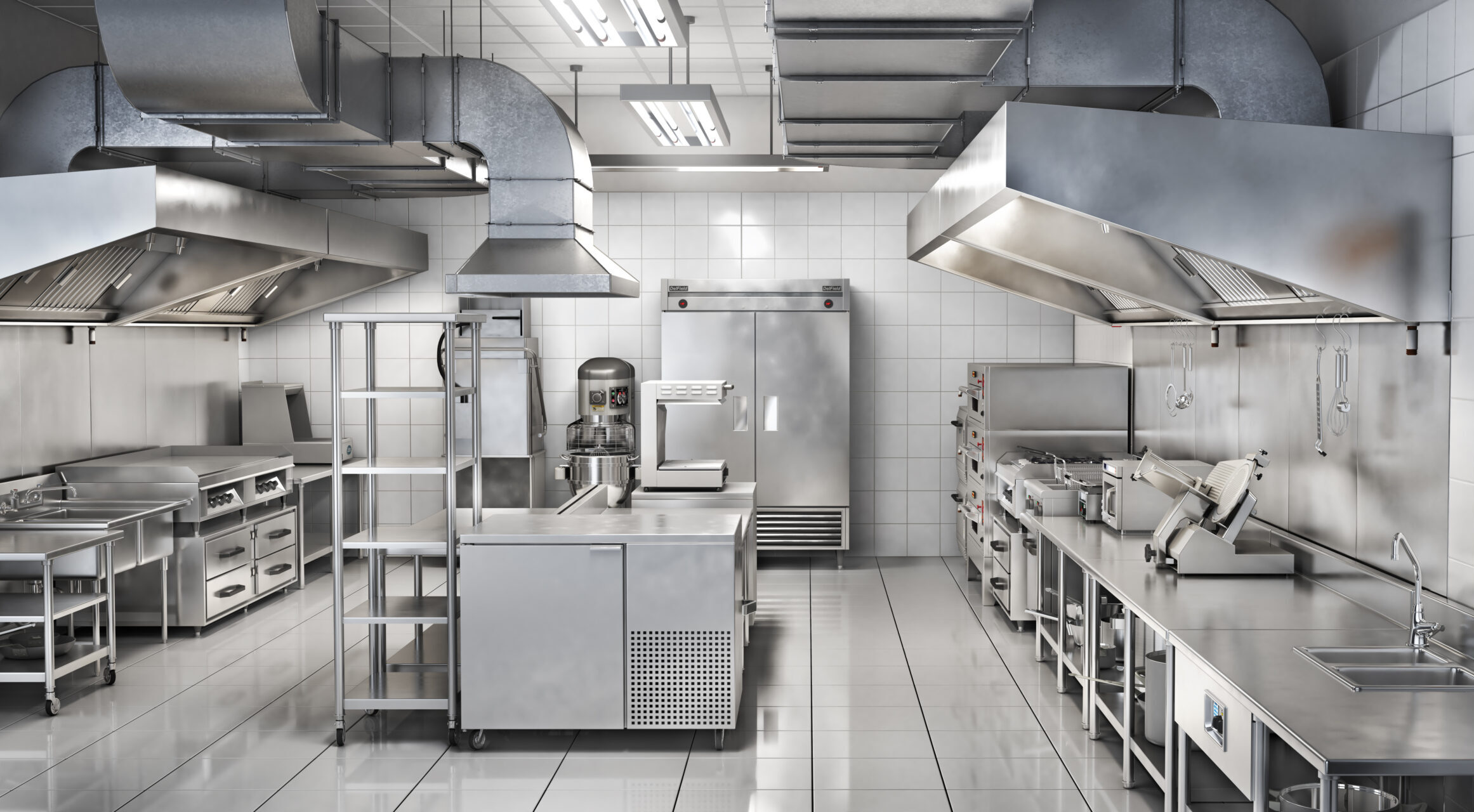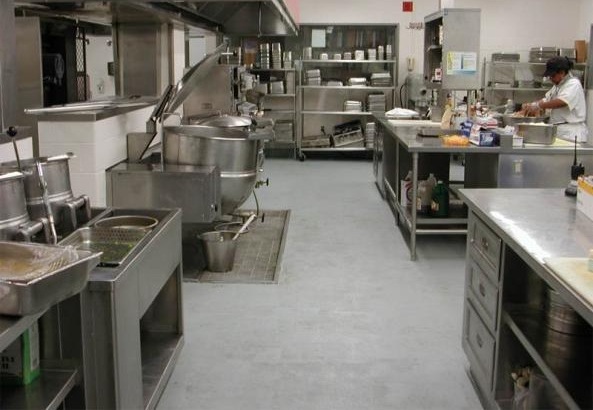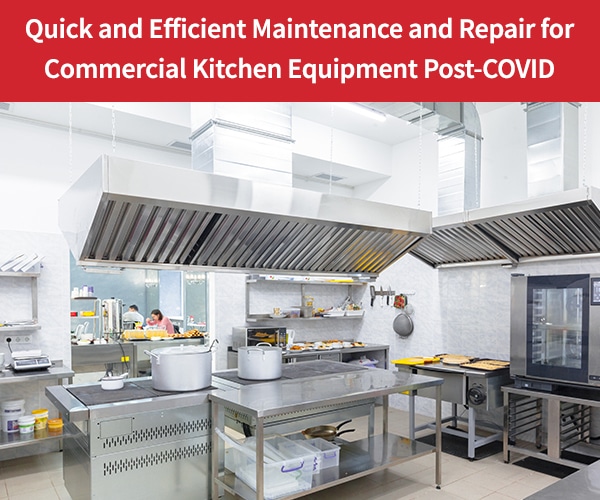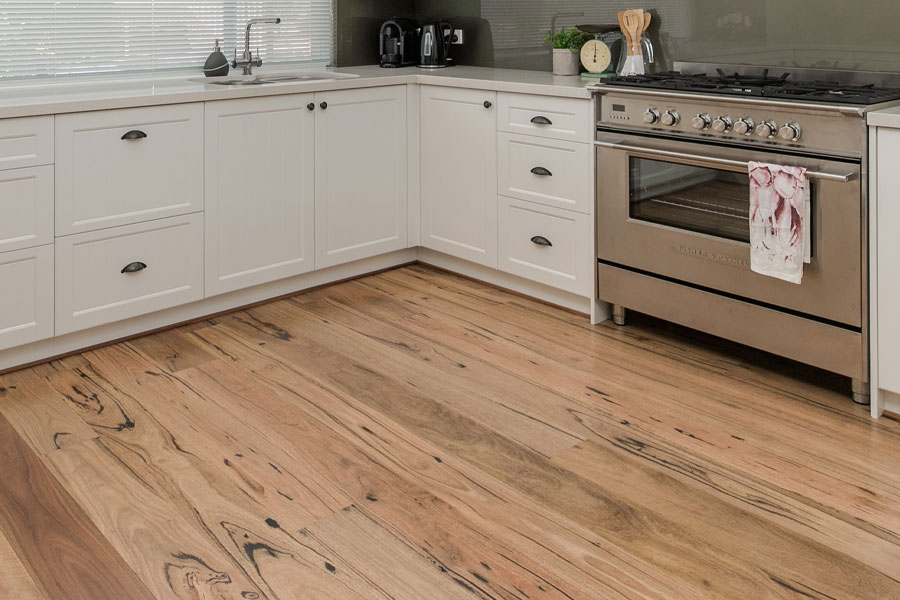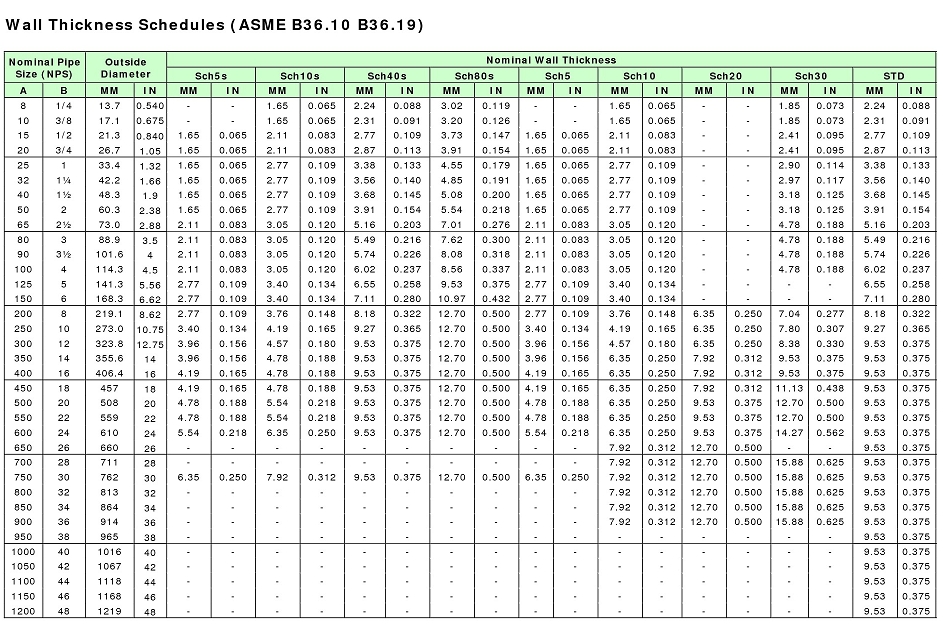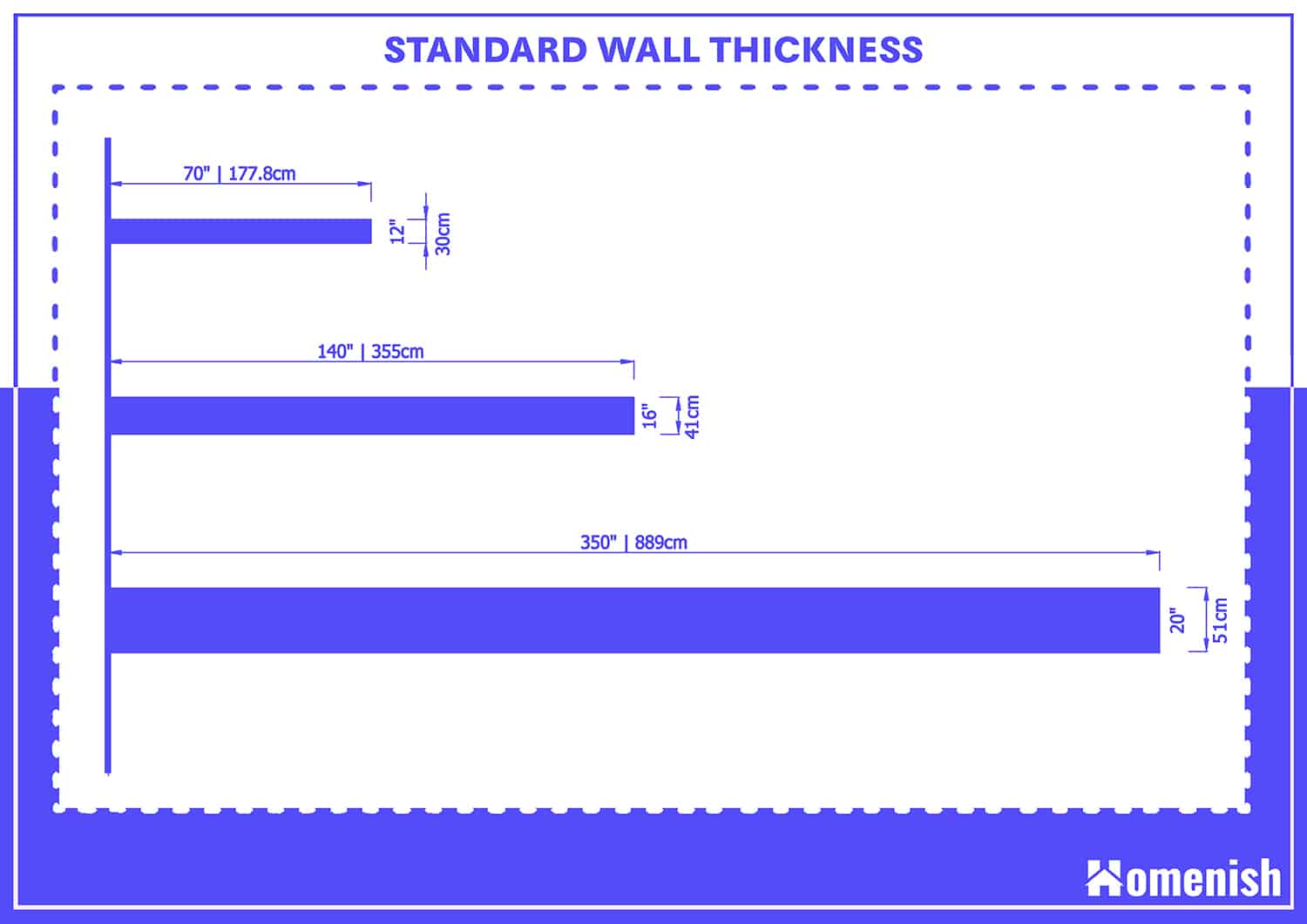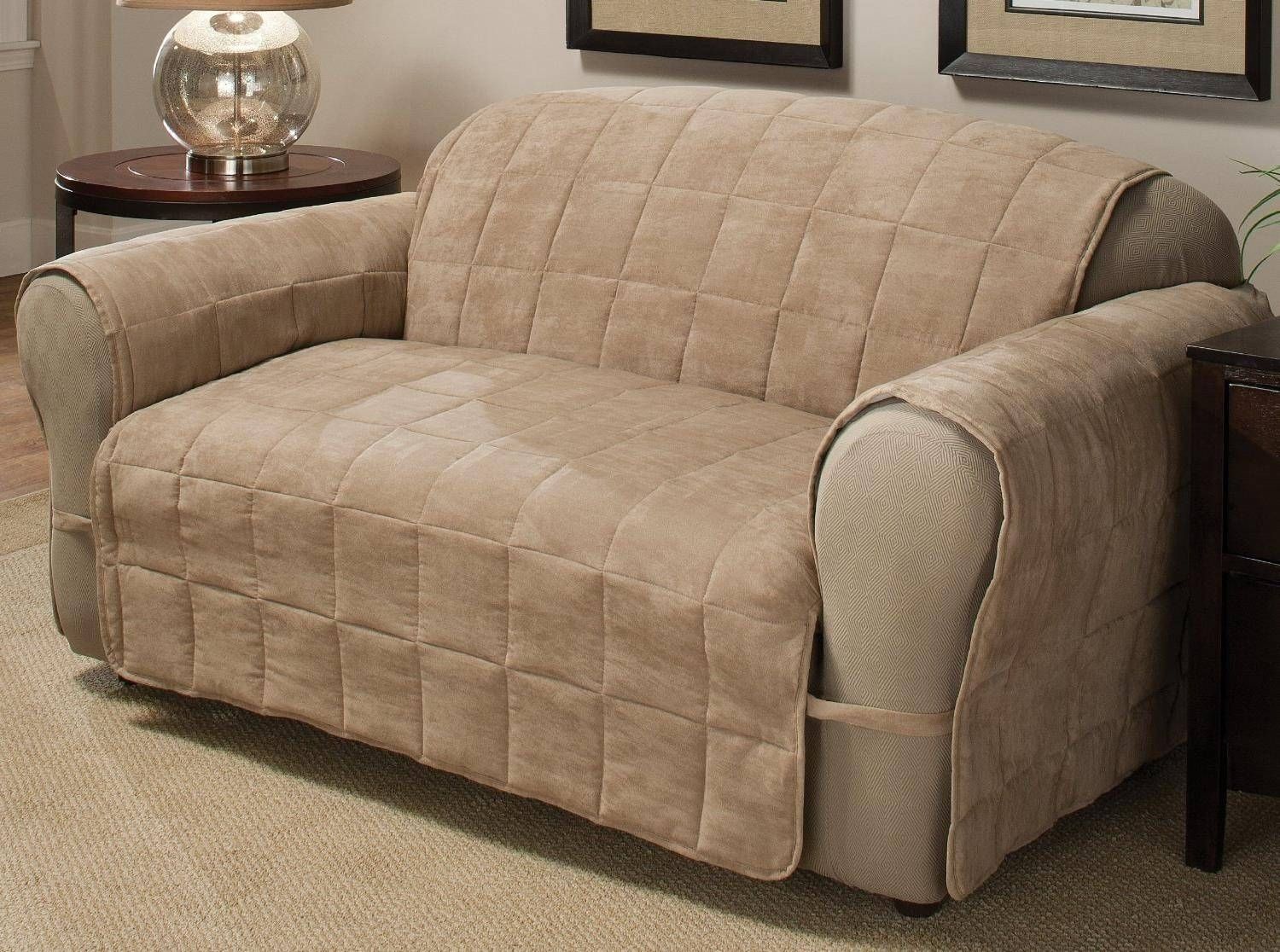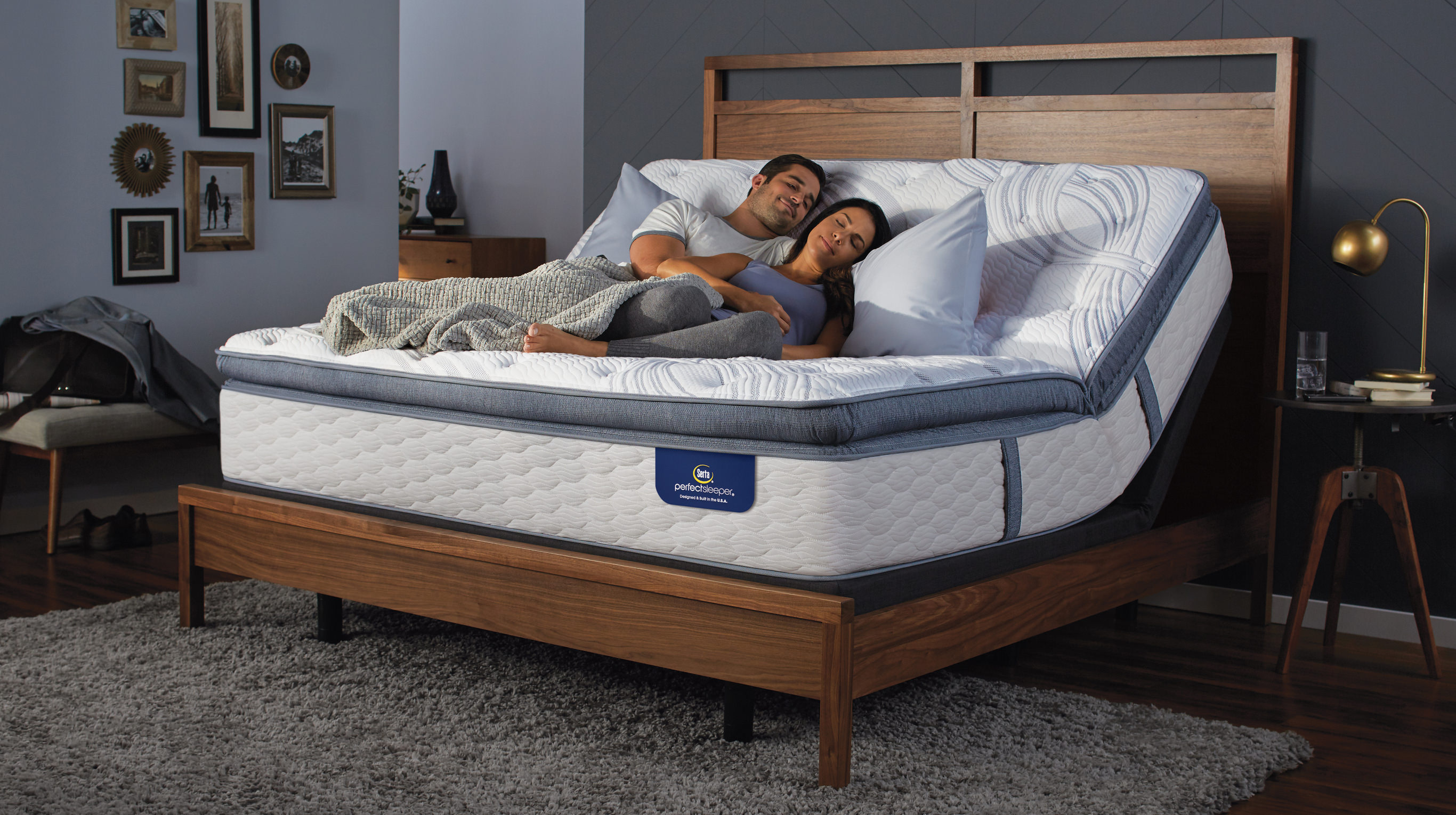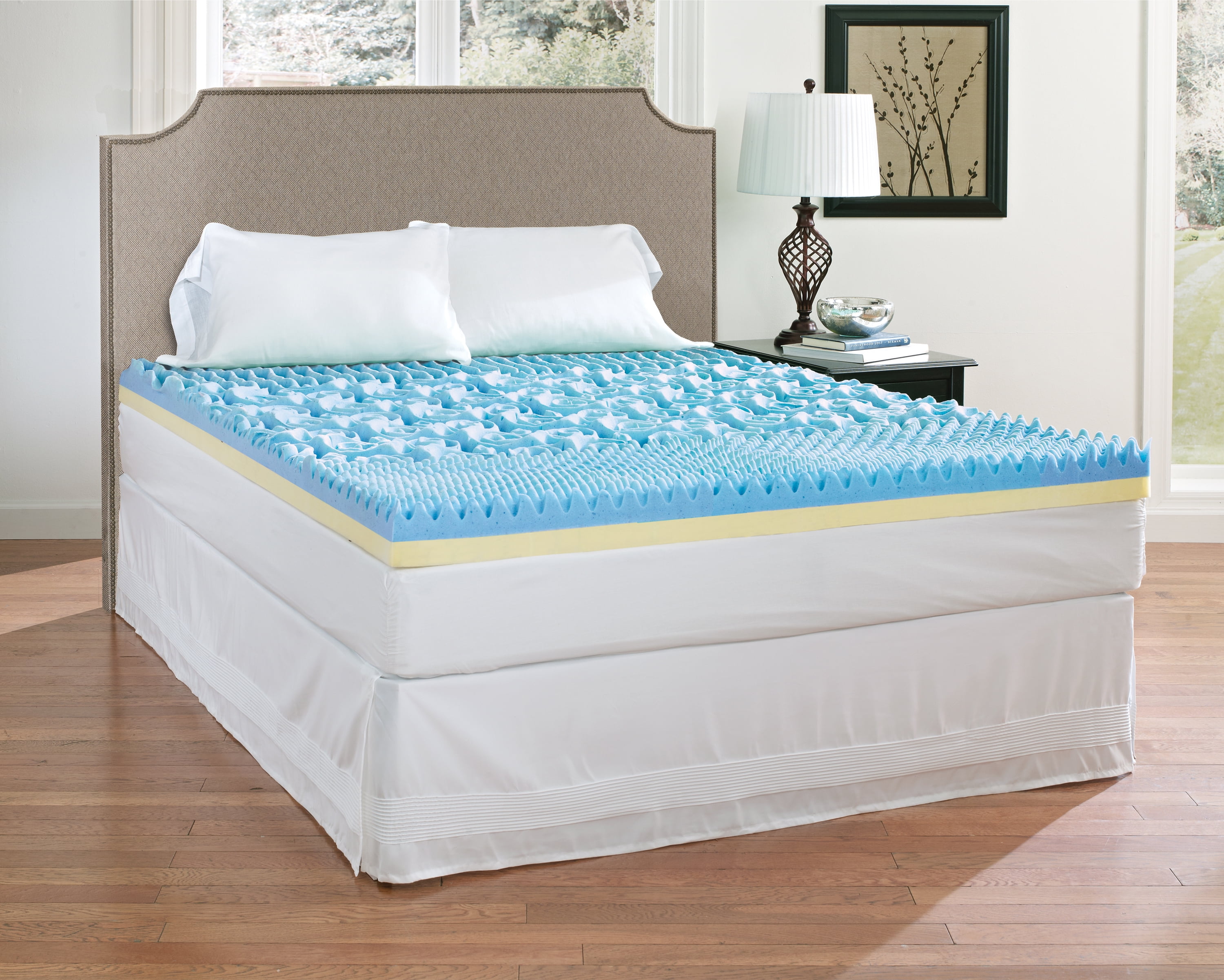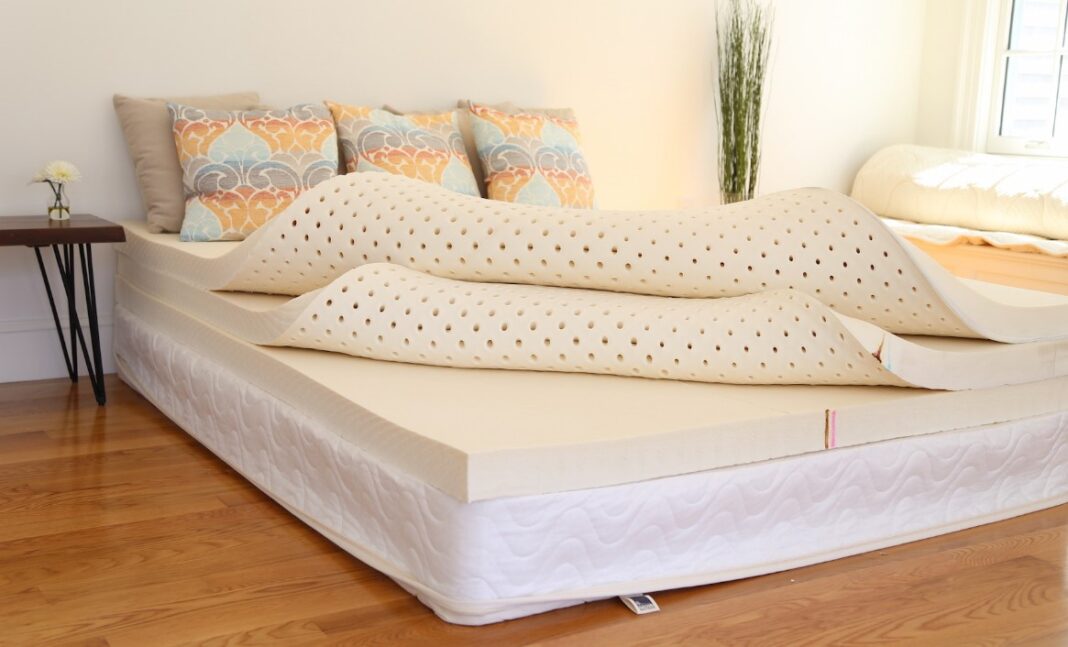1. Fire-resistant walls for commercial kitchens
When it comes to choosing the right walls for your commercial kitchen, safety should be your top priority. With high heat and open flames, the risk of fire is always present in a kitchen setting. That's why it's important to invest in fire-resistant walls that can withstand extreme temperatures and prevent the spread of fire in case of an accident.
Materials such as cement board, brick, and metal are highly recommended for their fire-resistant properties. They can withstand high temperatures and are less likely to catch fire compared to other materials. These walls can provide an extra layer of protection for your kitchen and give you peace of mind.
2. Recommended wall materials for commercial kitchens
Choosing the right material for your kitchen walls is crucial for the overall functionality and durability of your space. Some of the most recommended materials for commercial kitchens include stainless steel, ceramic tiles, and vinyl-coated gypsum.
Stainless steel is a popular choice for its durability and resistance to corrosion and stains. It's also easy to clean and maintain, making it a practical option for busy kitchen environments. Ceramic tiles are another great option as they are heat-resistant, moisture-resistant, and come in a variety of designs to fit any aesthetic. Lastly, vinyl-coated gypsum is a cost-effective and lightweight option that also offers fire-resistant properties.
3. Durable wall options for commercial kitchens
Commercial kitchens are high-traffic areas that require walls that can withstand constant wear and tear. That's why durability is an important factor to consider when choosing the right walls for your kitchen. Some of the most durable options include concrete, brick, and metal.
Concrete walls are known for their strength and ability to withstand heavy impact, making them a great option for commercial kitchens. Brick walls are also highly durable and can provide a rustic and stylish look to your space. Metal walls, such as stainless steel or aluminum, are also a popular and durable choice for their ability to resist scratches and dents.
4. Easy-to-clean walls for commercial kitchens
Cleanliness is crucial in a commercial kitchen setting, and your walls are no exception. With constant exposure to grease, oil, and food splatters, your walls can quickly become dirty and unsanitary. That's why it's important to choose easy-to-clean walls that can withstand regular scrubbing and cleaning without getting damaged.
Stainless steel, ceramic tiles, and vinyl-coated gypsum are once again great options for their resistance to stains and their smooth and non-porous surfaces, making them easy to clean. Other options such as laminated walls or sealed concrete can also be easily wiped down and maintained.
5. Moisture-resistant walls for commercial kitchens
In a kitchen setting, moisture is always present, whether it's from steam, water splashes, or spills. That's why it's important to choose walls that can withstand moisture without getting damaged or developing mold and mildew. Some of the best moisture-resistant materials include ceramic tiles, stainless steel, and vinyl-coated gypsum.
Ceramic tiles have a low absorption rate and are highly resistant to water, making them a great option for kitchen walls. Stainless steel is also a popular choice as it is non-porous and can easily withstand water and steam. Vinyl-coated gypsum is also moisture-resistant and can provide a smooth and seamless finish to your walls.
6. Heat-resistant walls for commercial kitchens
With hot cooking equipment and open flames, the walls in a commercial kitchen are constantly exposed to high temperatures. That's why it's important to choose heat-resistant walls that can withstand this type of environment without getting damaged or causing a safety hazard.
Stainless steel, ceramic tiles, and brick are all excellent options for their ability to withstand high heat. They are also non-combustible, which means they won't catch fire even at extreme temperatures. These materials can provide an added layer of protection for your kitchen and ensure the safety of your staff and customers.
7. Sanitary wall solutions for commercial kitchens
Commercial kitchens must adhere to strict health and safety regulations, and that includes having walls that are sanitary and easy to maintain. The last thing you want is for your walls to become a breeding ground for bacteria and germs.
Stainless steel, ceramic tiles, and vinyl-coated gypsum are all highly recommended for their sanitary properties. They are non-porous, which means they won't harbor bacteria and can be easily cleaned and disinfected. Other options such as laminated walls or sealed concrete can also provide a hygienic surface for your kitchen walls.
8. Impact-resistant walls for commercial kitchens
In a busy commercial kitchen, accidents can happen, and your walls may be at risk of getting damaged from heavy equipment or other objects. That's why it's important to choose walls that are impact-resistant and can withstand daily wear and tear.
Concrete, brick, and metal are all highly recommended for their ability to withstand impacts without getting damaged. They are also durable and can provide an extra layer of protection for your walls. Other options such as laminated walls or vinyl-coated gypsum can also offer some resistance to impact.
9. Low-maintenance walls for commercial kitchens
Running a commercial kitchen requires a lot of time and effort, and the last thing you want is to spend your valuable time on constant maintenance for your walls. That's why choosing low-maintenance walls can save you time and money in the long run.
Stainless steel, ceramic tiles, and vinyl-coated gypsum are all low-maintenance options that can withstand daily use without the need for frequent repairs or replacements. They are also easy to clean and can maintain their appearance for a long time. Other options such as sealed concrete or laminated walls can also be low-maintenance choices for your kitchen walls.
10. Recommended wall thickness for commercial kitchens
The thickness of your walls can also play a role in their durability and functionality in a commercial kitchen. The recommended wall thickness for commercial kitchens is at least 4 inches, with some materials such as concrete or brick being even thicker.
Thicker walls can provide better insulation and soundproofing, as well as added strength and durability. However, the exact thickness needed for your walls may depend on factors such as the size of your kitchen and the type of material used. Consult with a professional to determine the best wall thickness for your specific needs.
The Importance of Choosing the Right Wall for Your Commercial Kitchen

Creating a Functional and Efficient Space
 When it comes to designing a commercial kitchen, one of the most crucial decisions you will make is choosing the right
wall
material. Not only does it affect the overall look and feel of your kitchen, but it also plays a significant role in its functionality and efficiency. As a high-traffic area that sees constant use and exposure to heat, grease, and moisture, your kitchen walls need to be durable, easy to clean, and able to withstand the demands of a busy restaurant or food establishment.
When it comes to designing a commercial kitchen, one of the most crucial decisions you will make is choosing the right
wall
material. Not only does it affect the overall look and feel of your kitchen, but it also plays a significant role in its functionality and efficiency. As a high-traffic area that sees constant use and exposure to heat, grease, and moisture, your kitchen walls need to be durable, easy to clean, and able to withstand the demands of a busy restaurant or food establishment.
Ensuring Compliance with Health and Safety Regulations
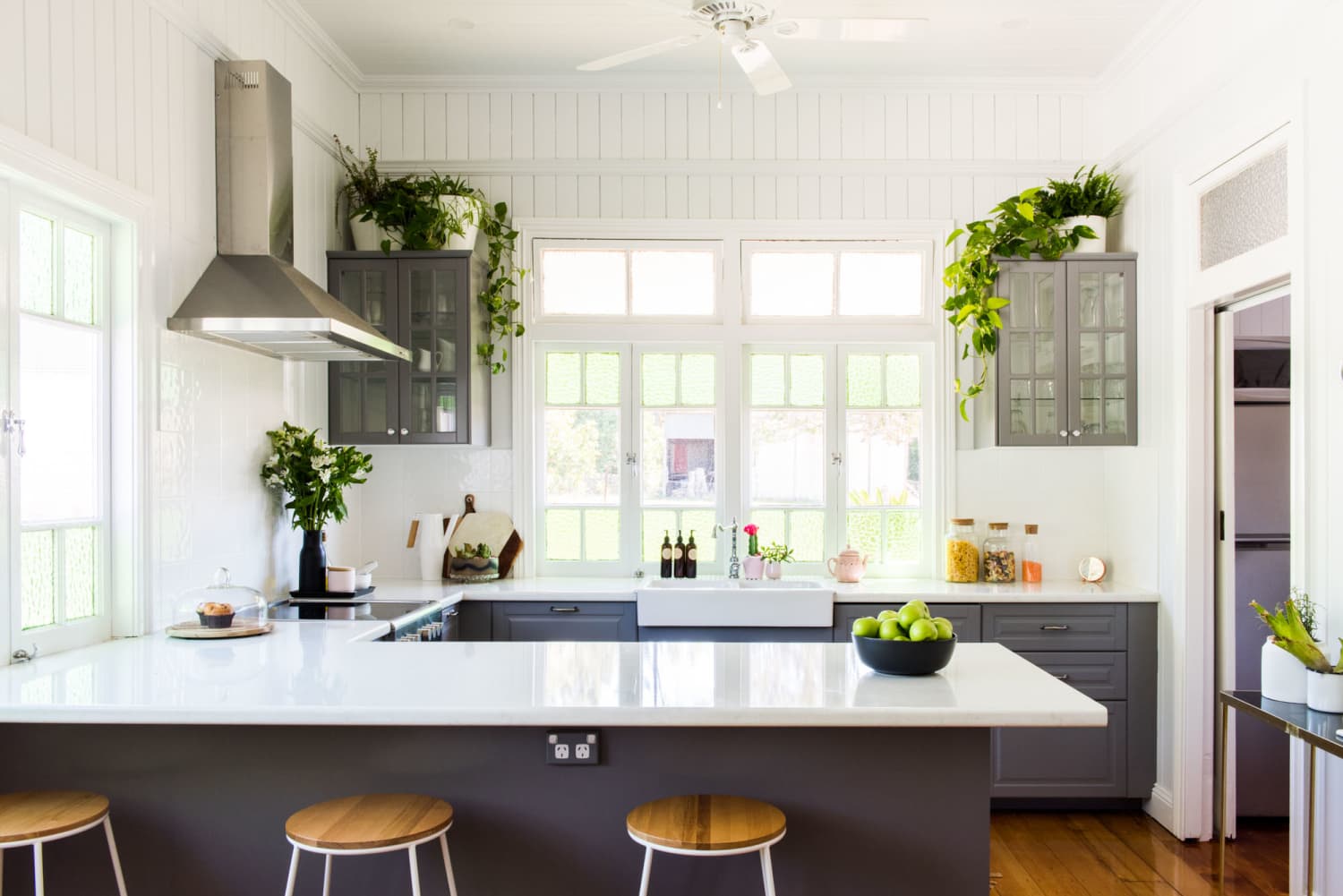 In addition to functionality and durability, the
walls
in a commercial kitchen must also meet certain health and safety regulations. The
wall
material you choose must be non-porous and resistant to bacteria growth, making it easy to maintain a clean and hygienic environment. It should also be fire-resistant, as well as heat and moisture-resistant, to prevent any potential hazards in the kitchen.
In addition to functionality and durability, the
walls
in a commercial kitchen must also meet certain health and safety regulations. The
wall
material you choose must be non-porous and resistant to bacteria growth, making it easy to maintain a clean and hygienic environment. It should also be fire-resistant, as well as heat and moisture-resistant, to prevent any potential hazards in the kitchen.
The Recommended Wall for Your Commercial Kitchen: Stainless Steel
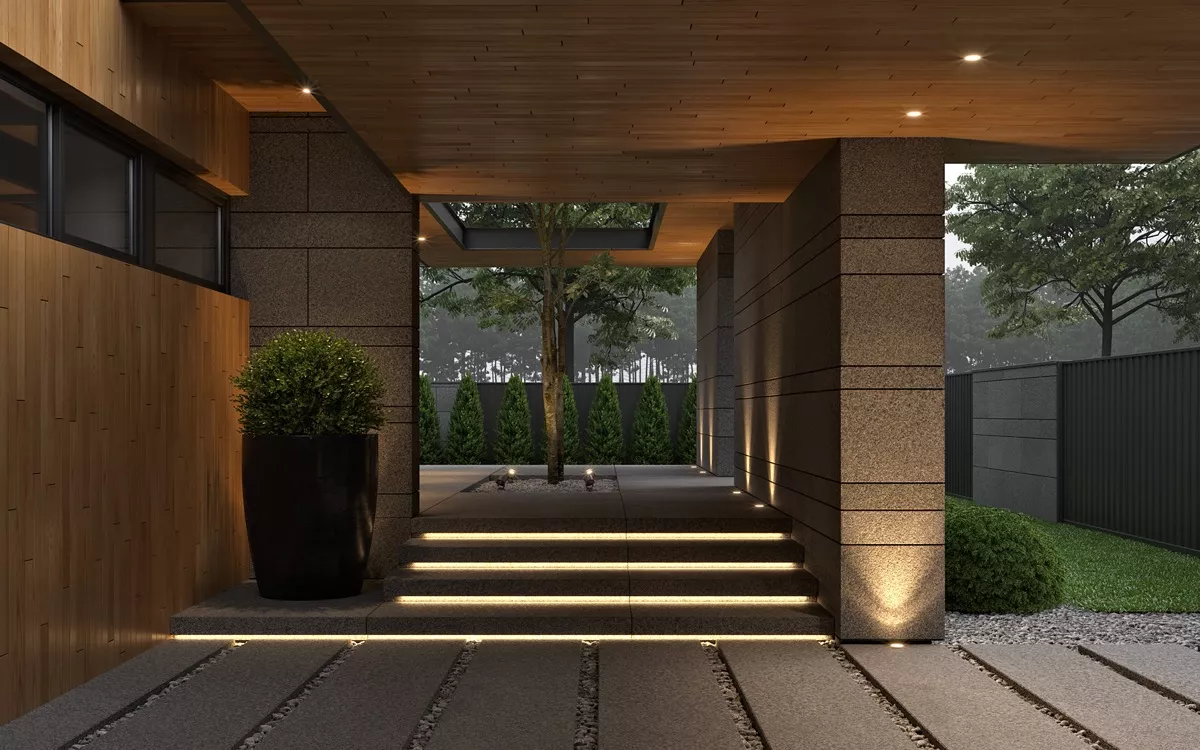 After considering all the necessary factors, it becomes clear that
stainless steel
is the ideal
wall
material for commercial kitchens. Not only is it incredibly durable and easy to clean, but it also meets all health and safety requirements. Its non-porous surface prevents bacteria growth, making it a safe and hygienic option for food preparation areas. Moreover, stainless steel is heat and moisture-resistant, making it a long-lasting and low-maintenance choice for busy commercial kitchens.
After considering all the necessary factors, it becomes clear that
stainless steel
is the ideal
wall
material for commercial kitchens. Not only is it incredibly durable and easy to clean, but it also meets all health and safety requirements. Its non-porous surface prevents bacteria growth, making it a safe and hygienic option for food preparation areas. Moreover, stainless steel is heat and moisture-resistant, making it a long-lasting and low-maintenance choice for busy commercial kitchens.
Other Benefits of Stainless Steel Walls
 Aside from its practical benefits,
stainless steel
walls also offer a sleek and modern aesthetic to any commercial kitchen. Its reflective surface can help brighten up the space and make it feel more spacious and inviting. Additionally, stainless steel is a versatile material that can be customized to fit any kitchen design and layout.
Aside from its practical benefits,
stainless steel
walls also offer a sleek and modern aesthetic to any commercial kitchen. Its reflective surface can help brighten up the space and make it feel more spacious and inviting. Additionally, stainless steel is a versatile material that can be customized to fit any kitchen design and layout.
In Conclusion
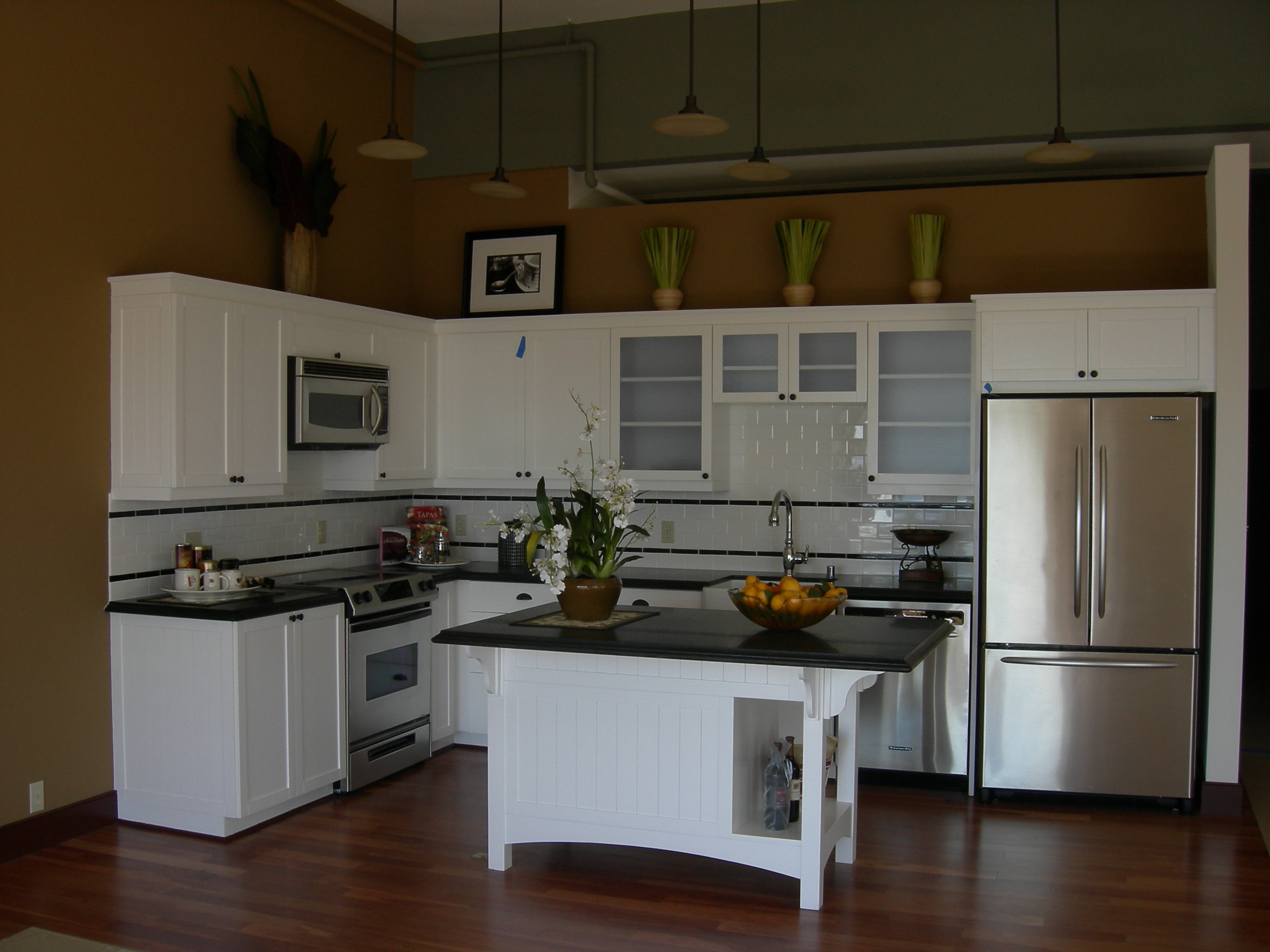 In summary, choosing the right
wall
material for your commercial kitchen is crucial for creating a functional, efficient, and safe environment for your staff and customers. With its durability, cleanliness, and compliance with health and safety regulations,
stainless steel
is the recommended
wall
material for any commercial kitchen. So, when designing or renovating your kitchen, be sure to consider the many benefits that
stainless steel
walls have to offer.
In summary, choosing the right
wall
material for your commercial kitchen is crucial for creating a functional, efficient, and safe environment for your staff and customers. With its durability, cleanliness, and compliance with health and safety regulations,
stainless steel
is the recommended
wall
material for any commercial kitchen. So, when designing or renovating your kitchen, be sure to consider the many benefits that
stainless steel
walls have to offer.
